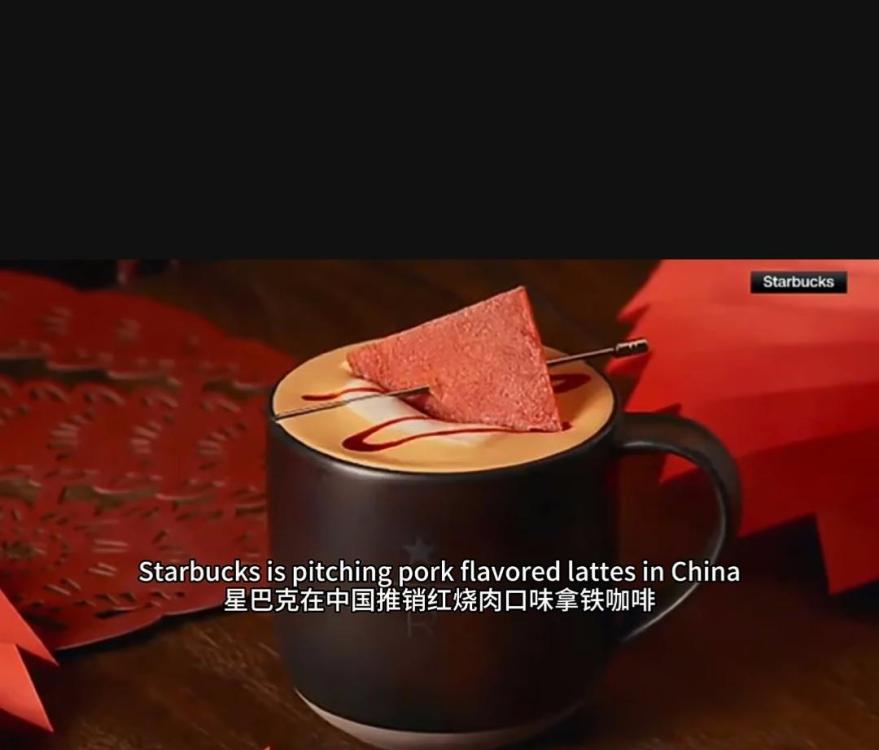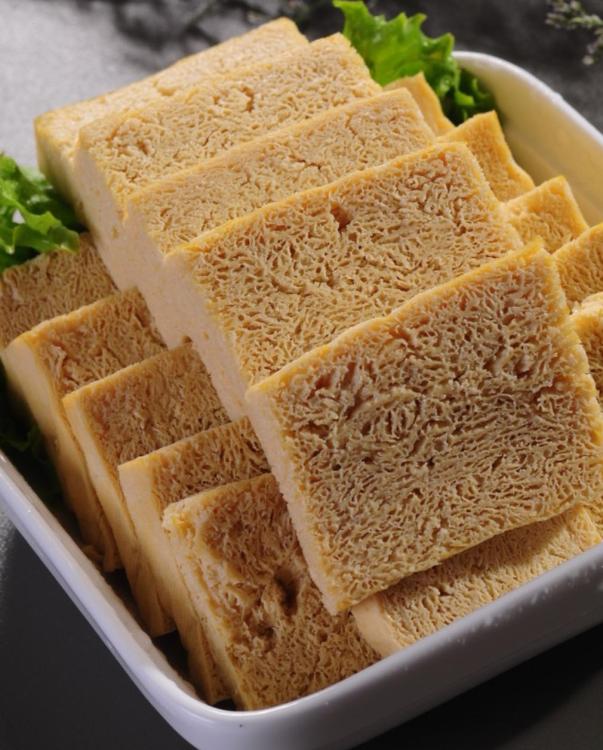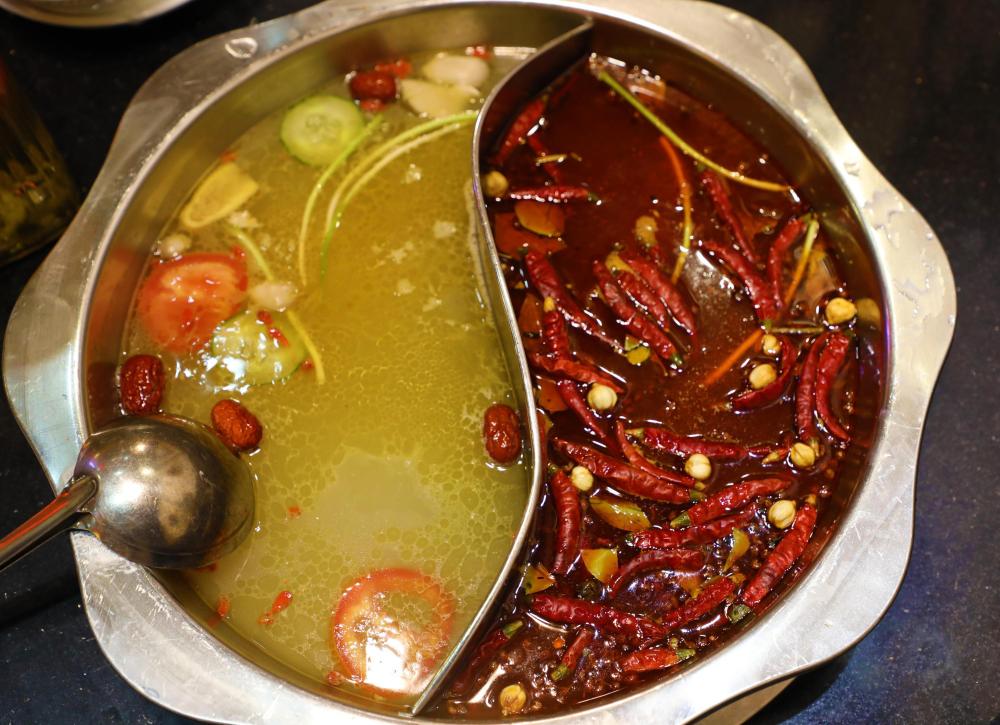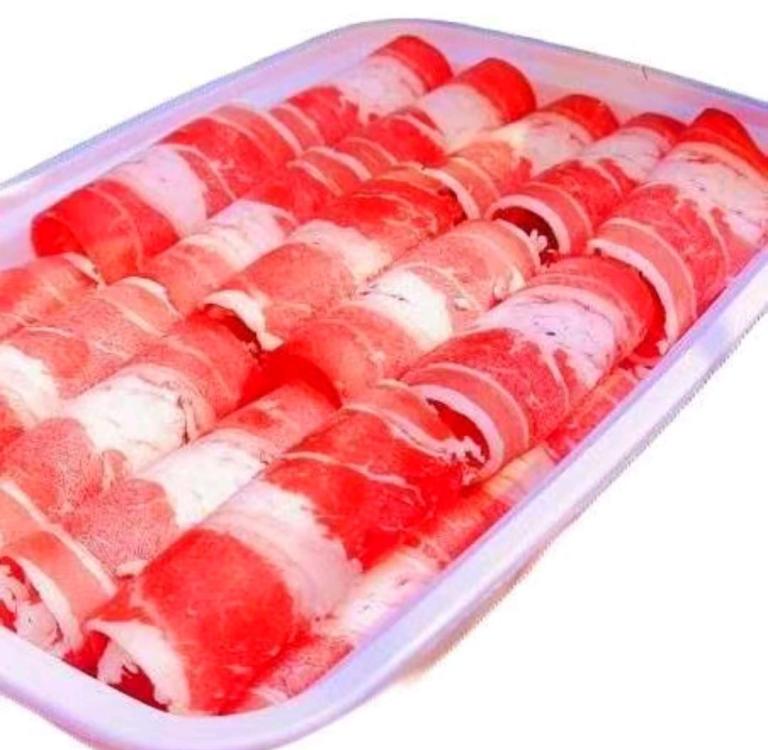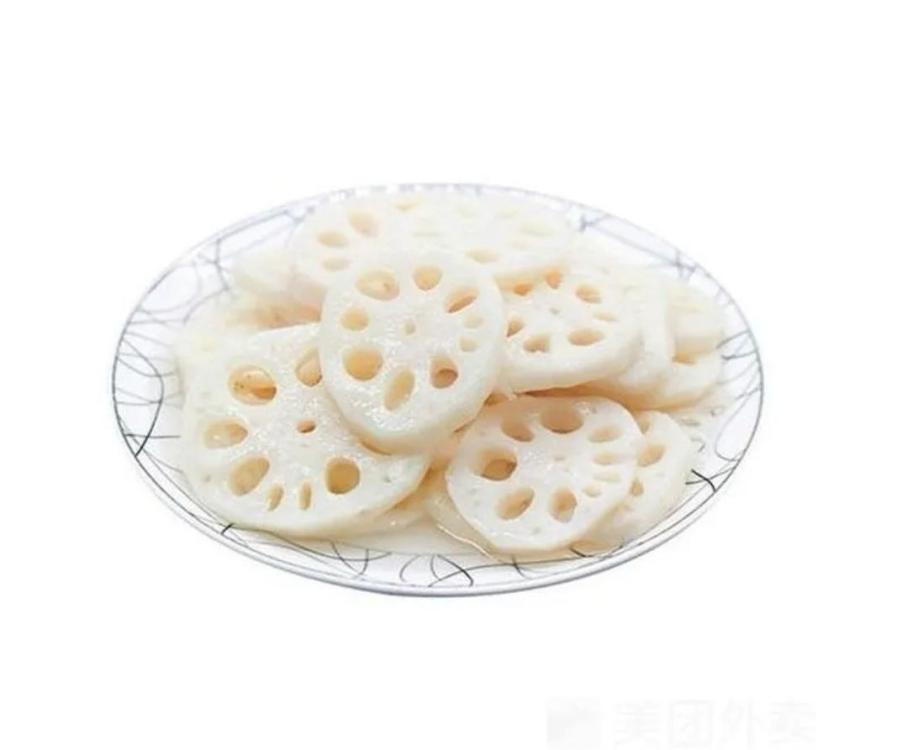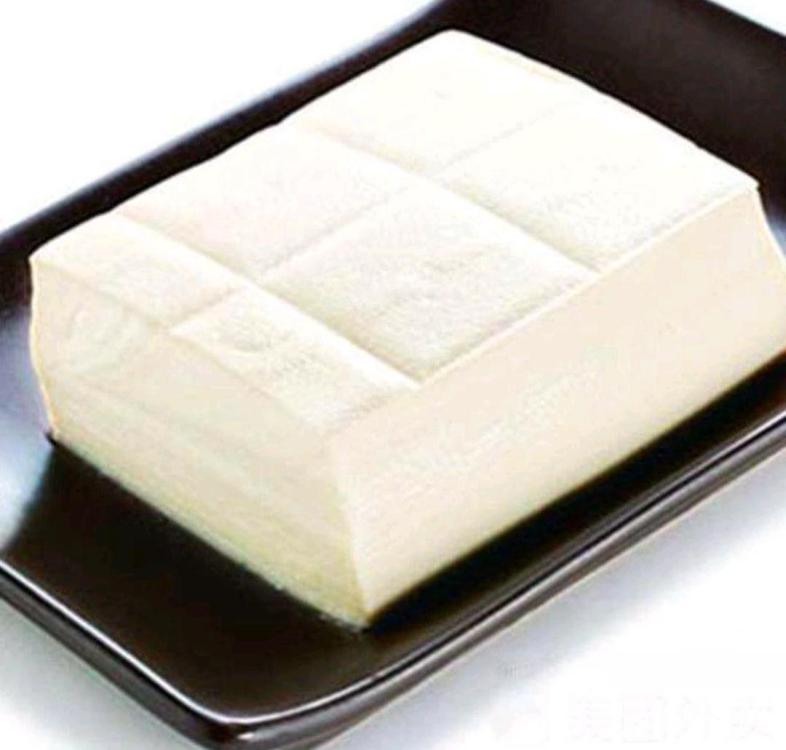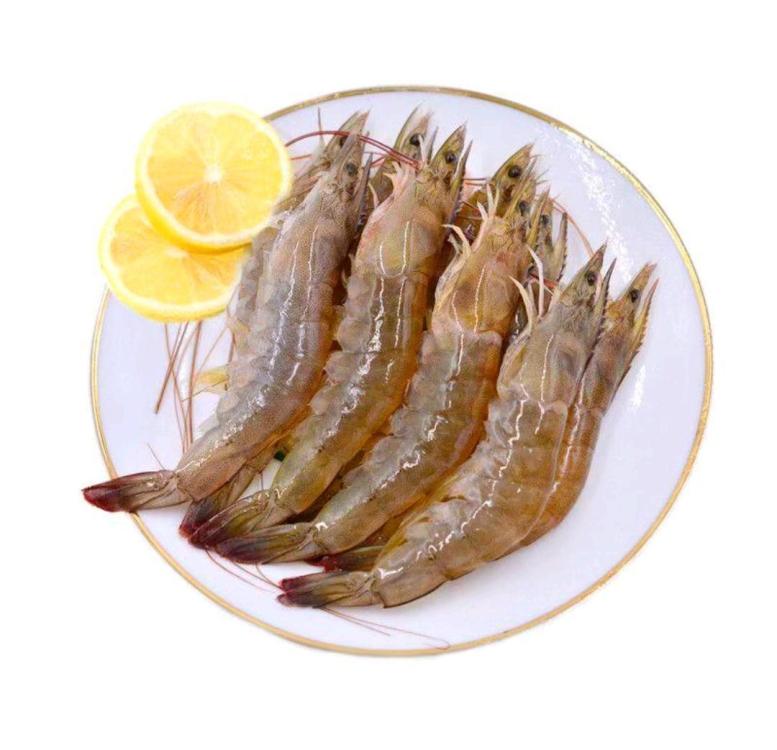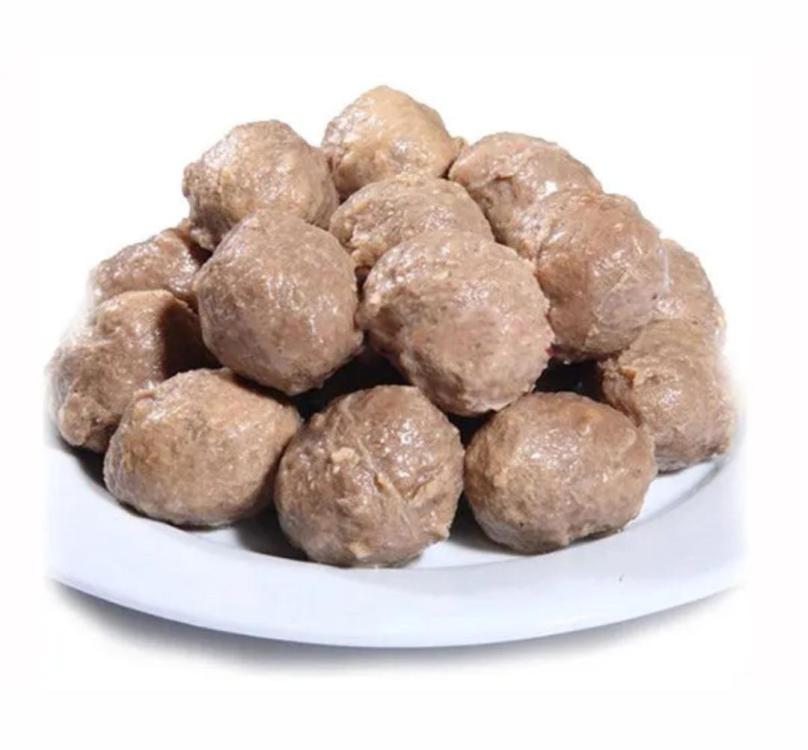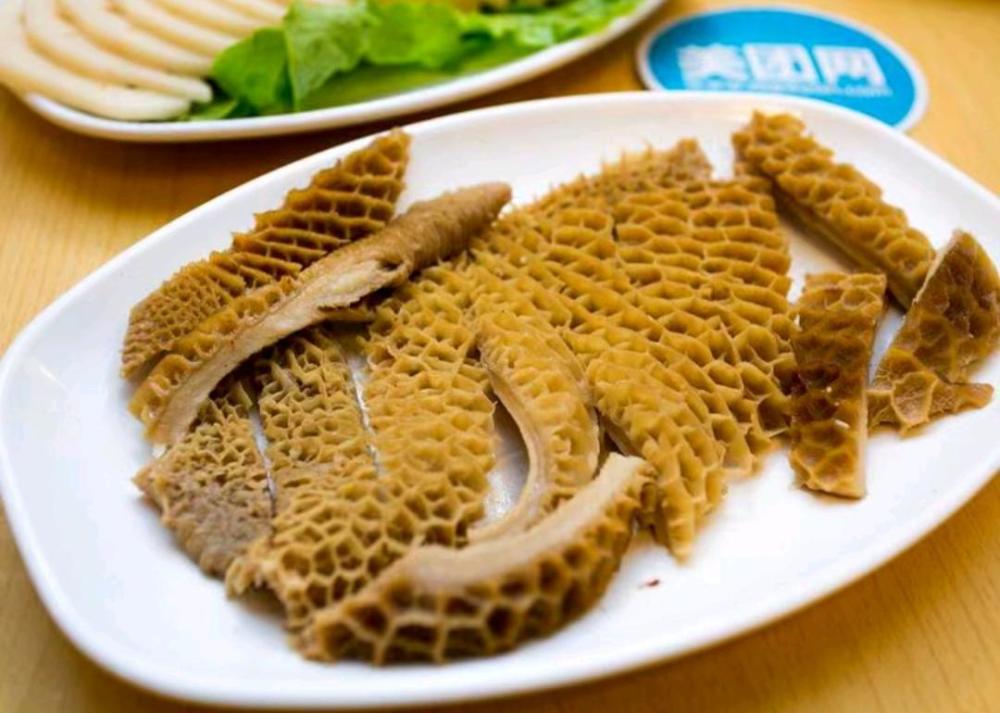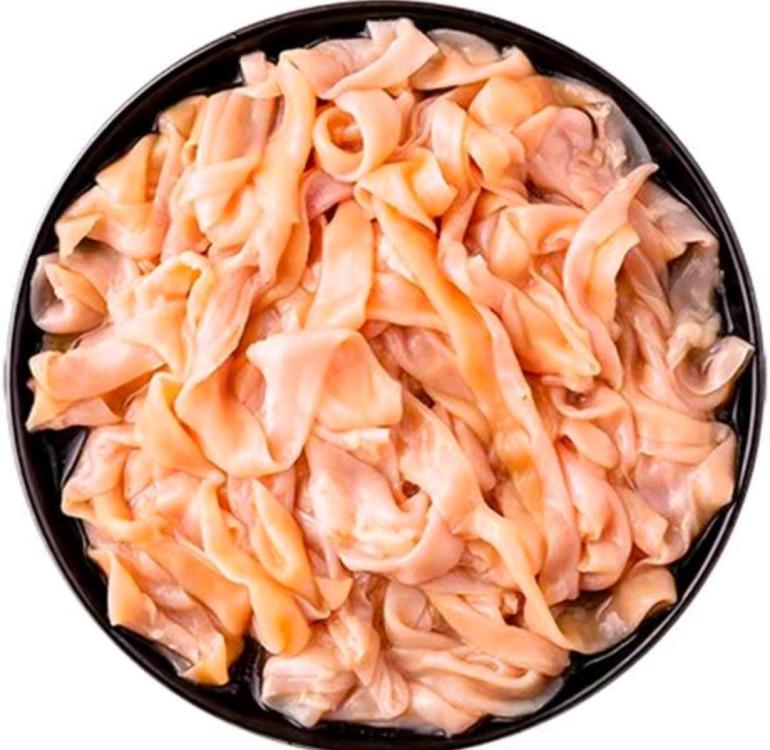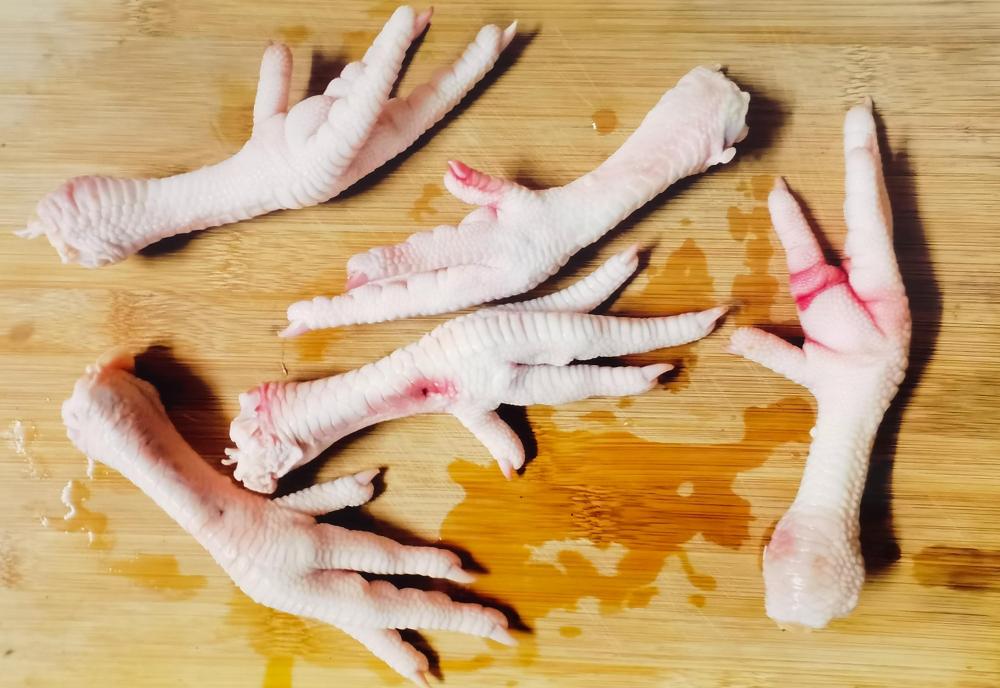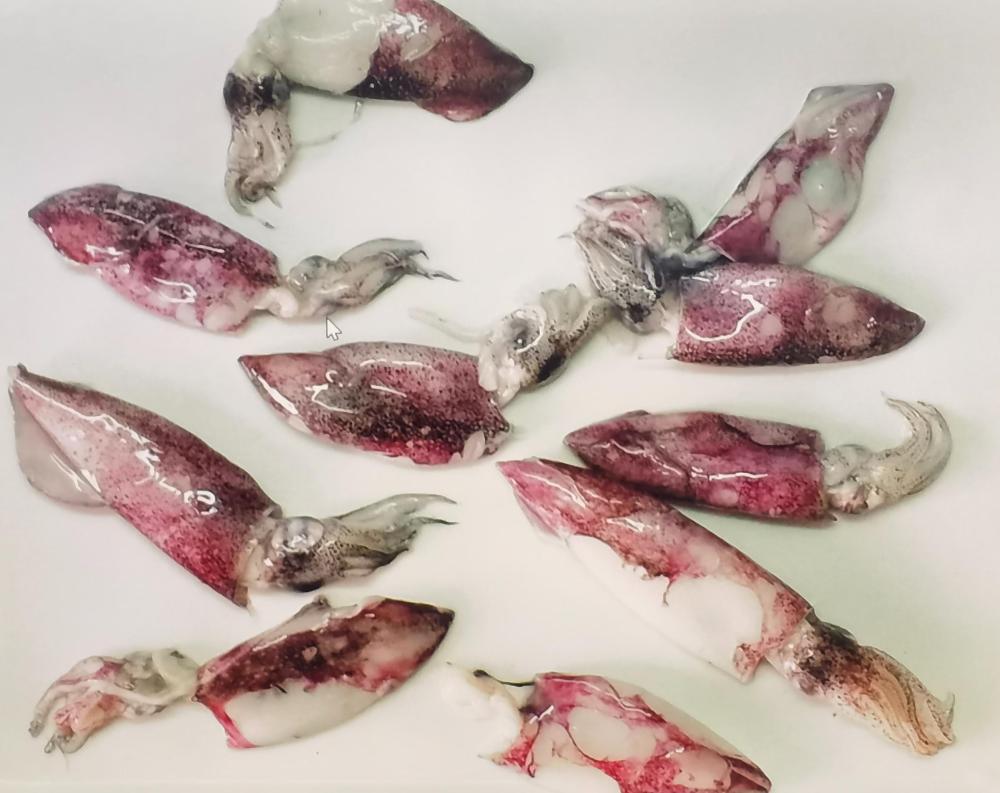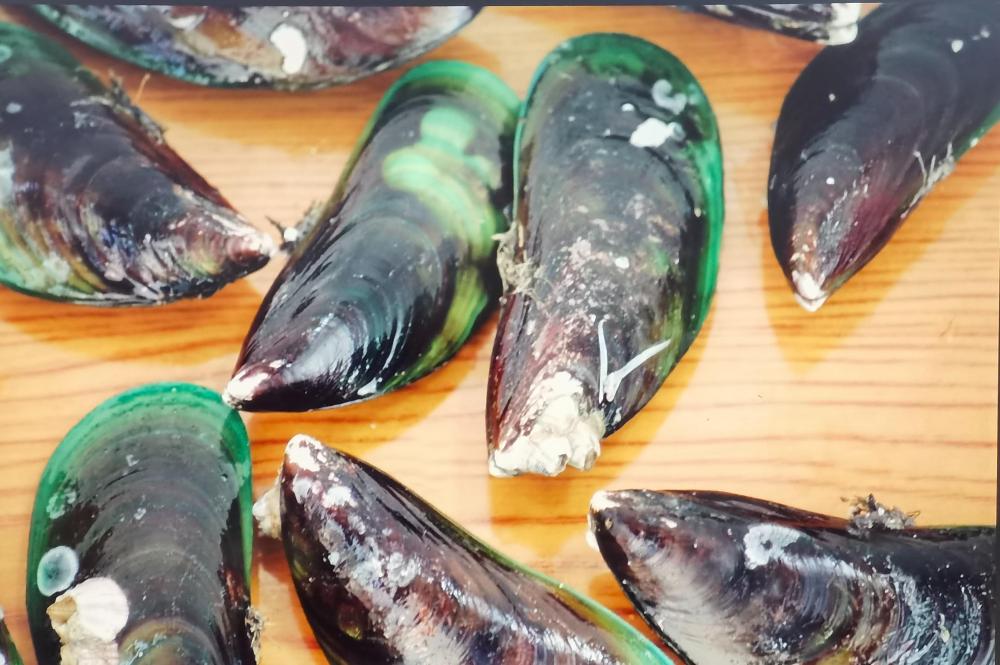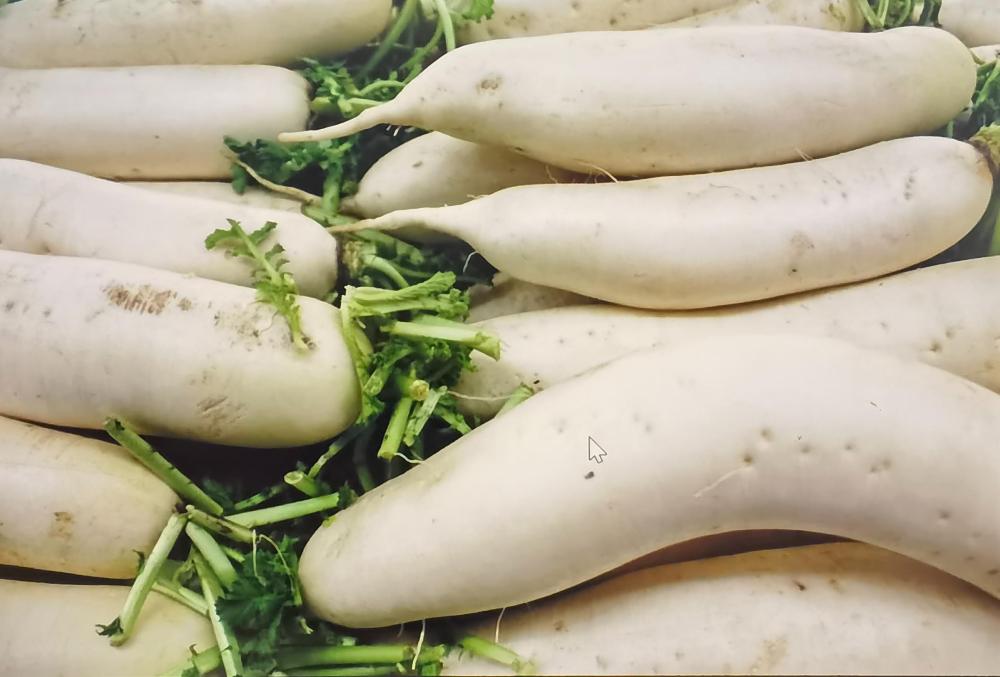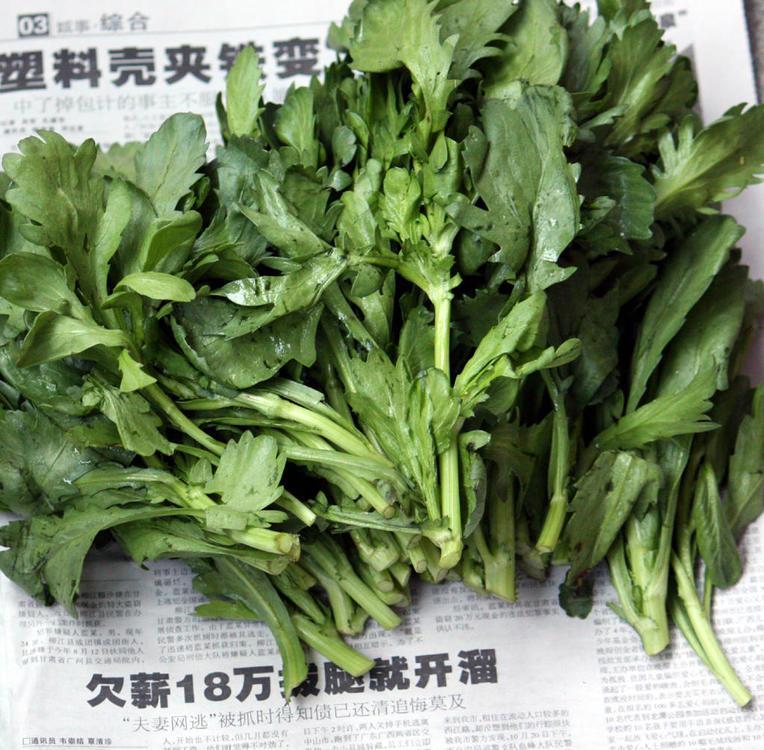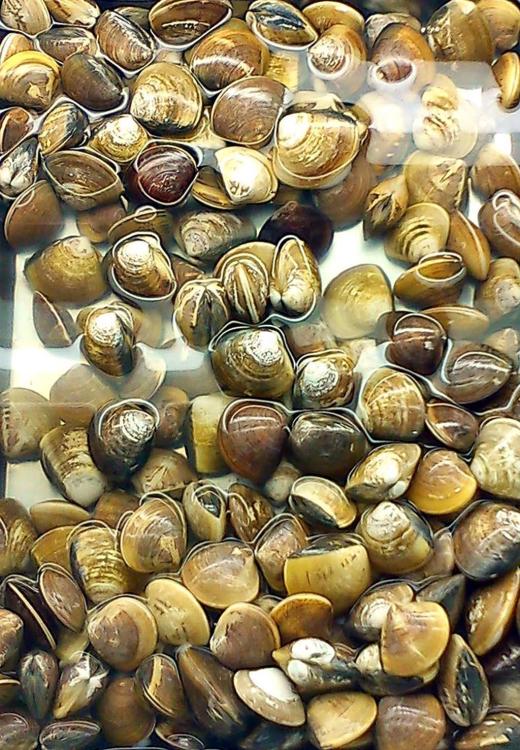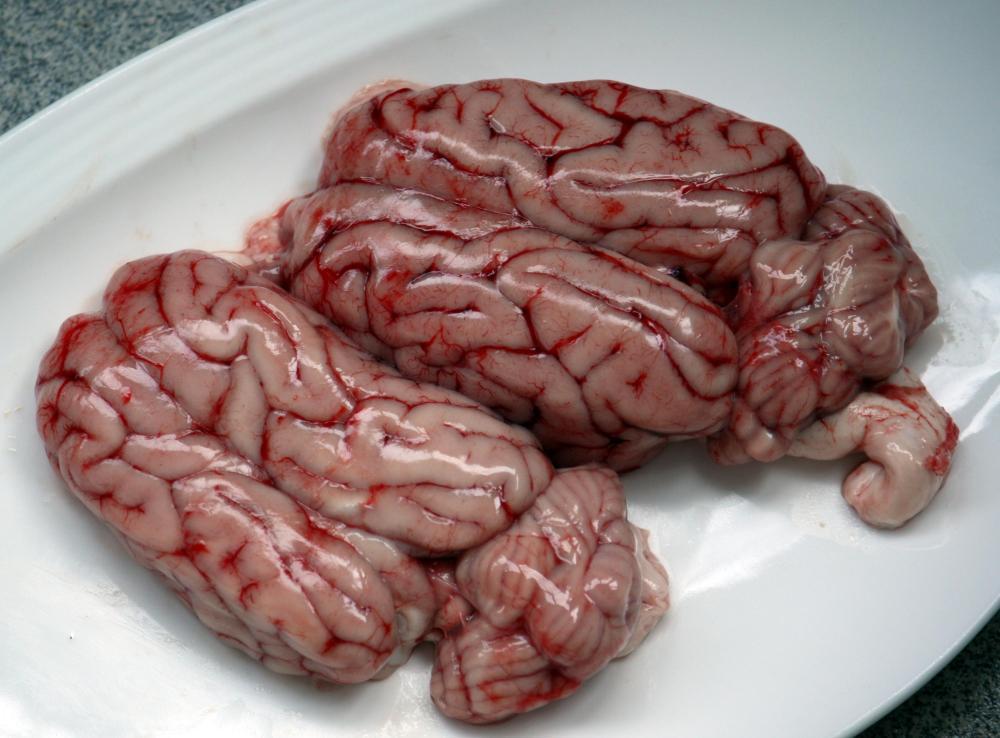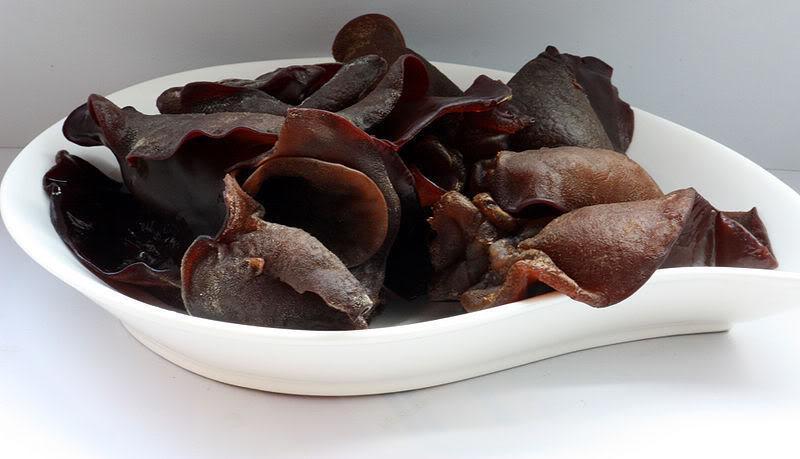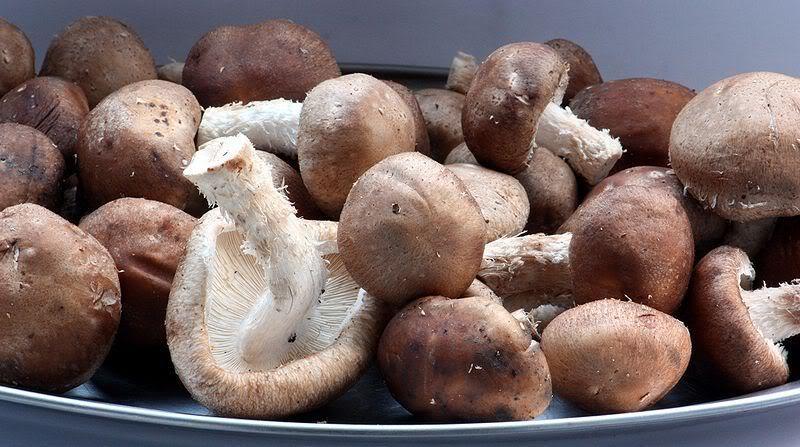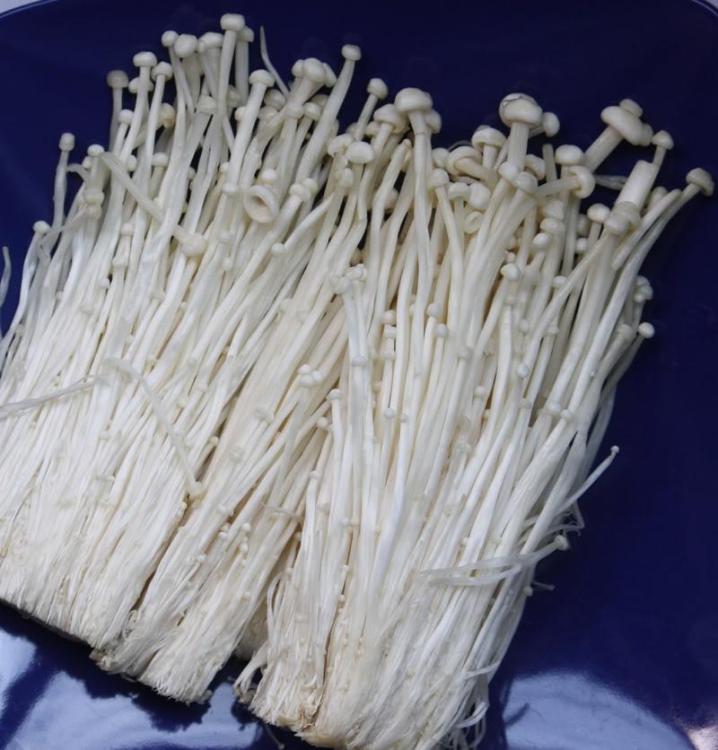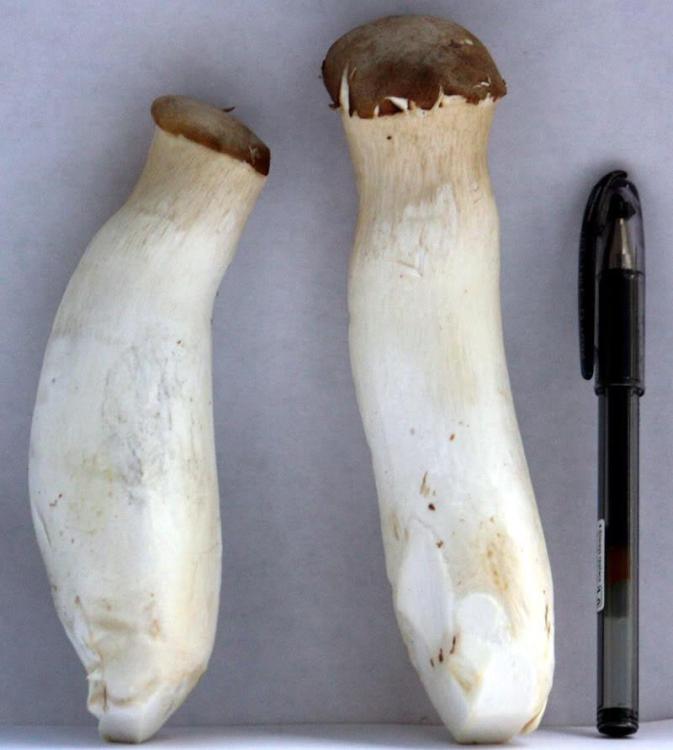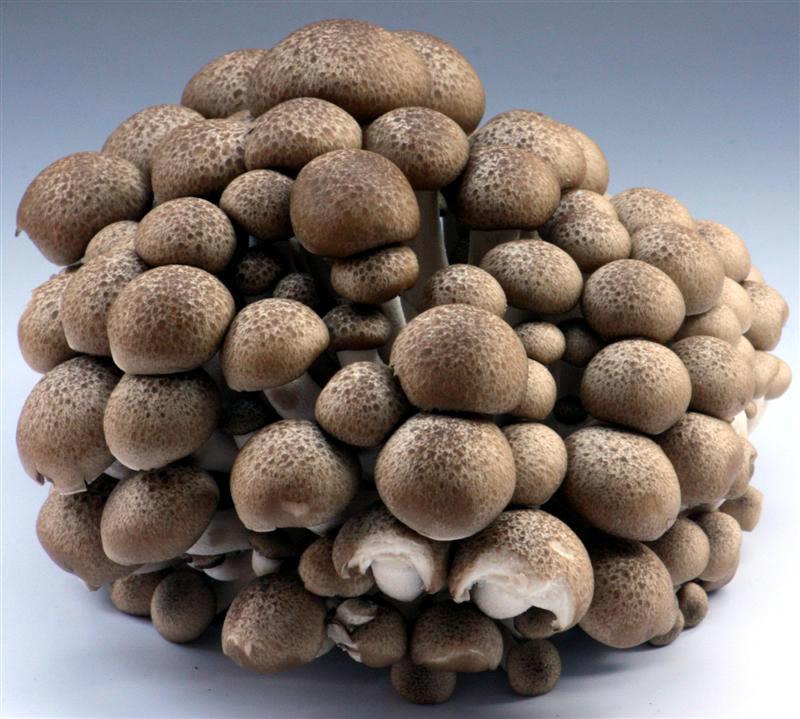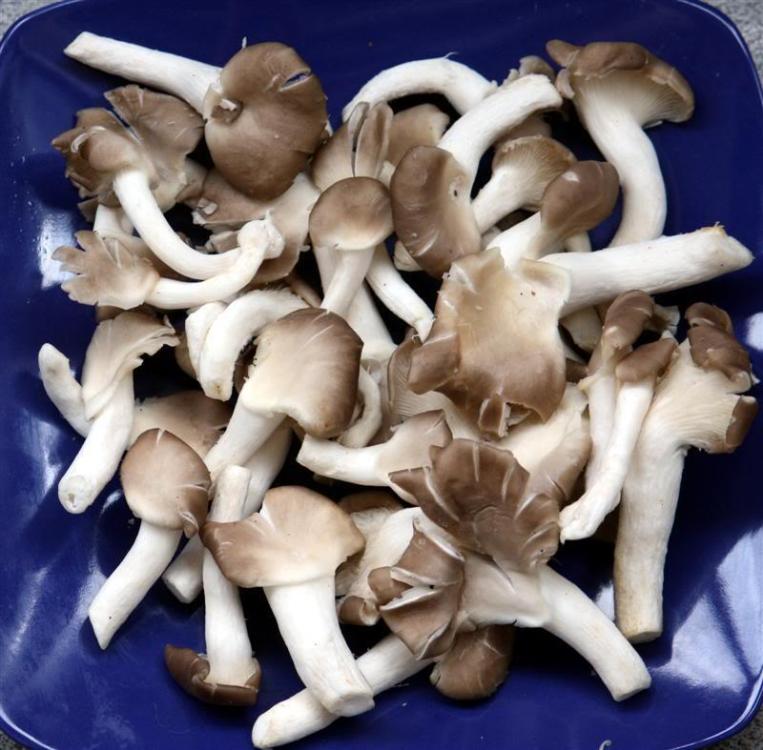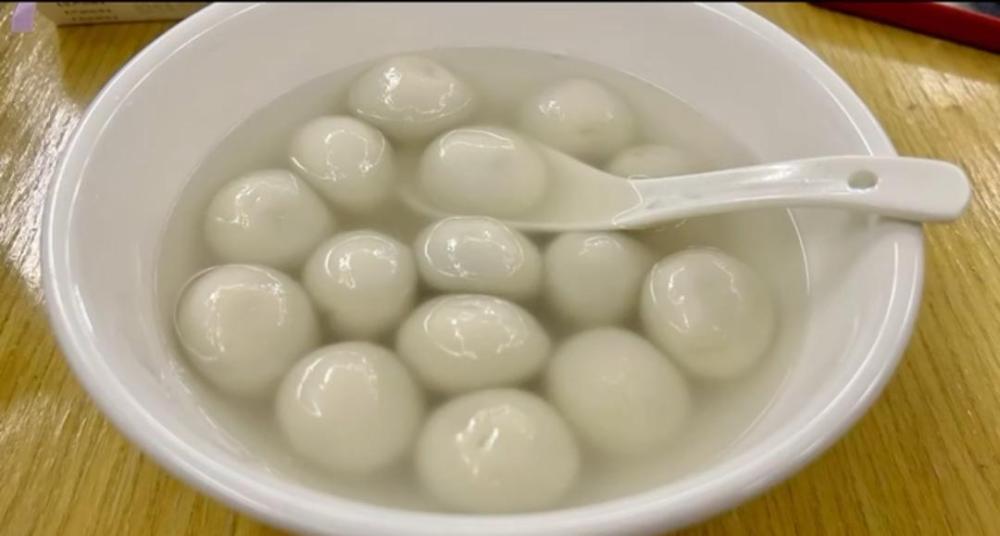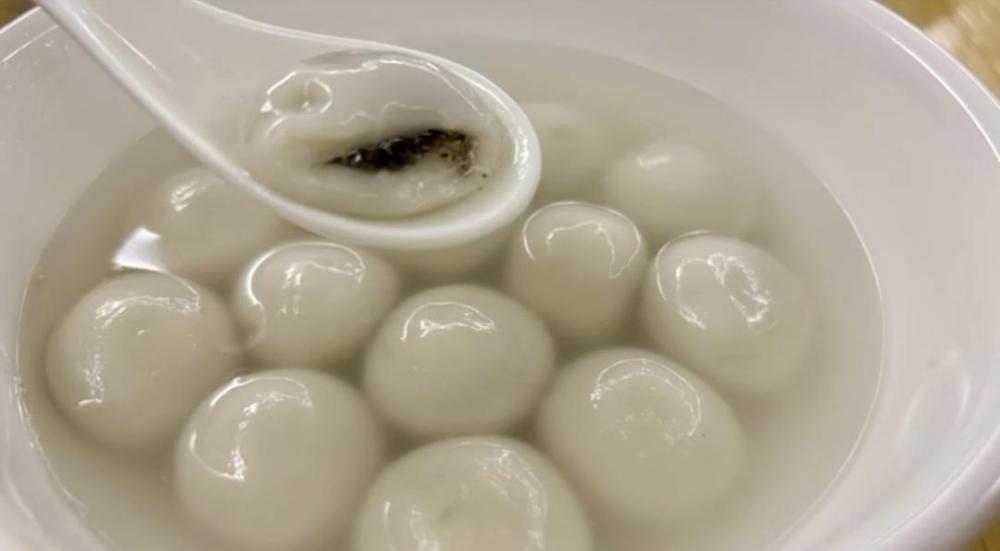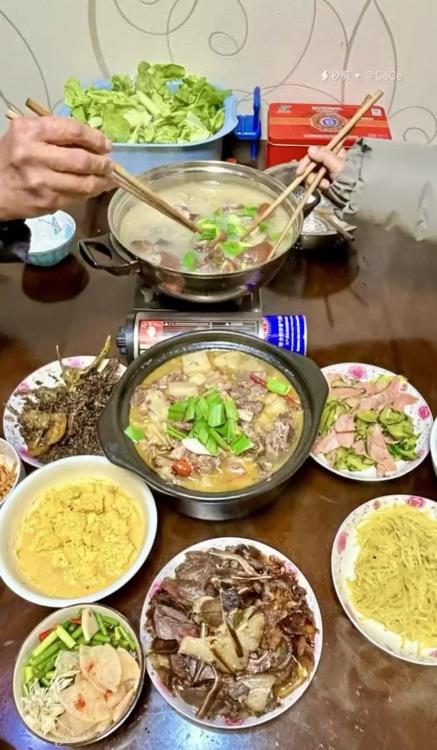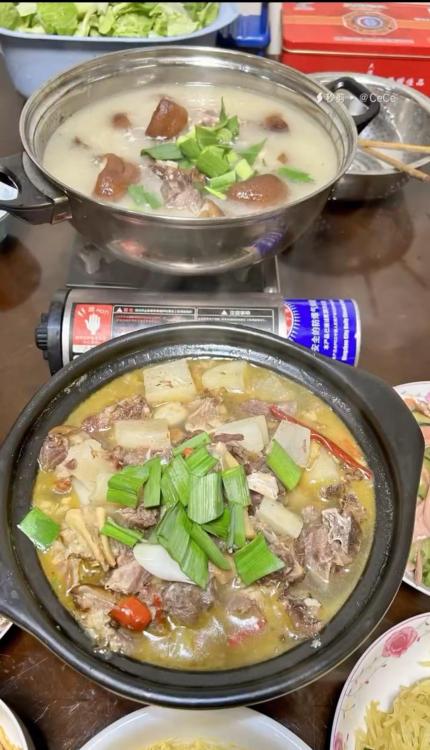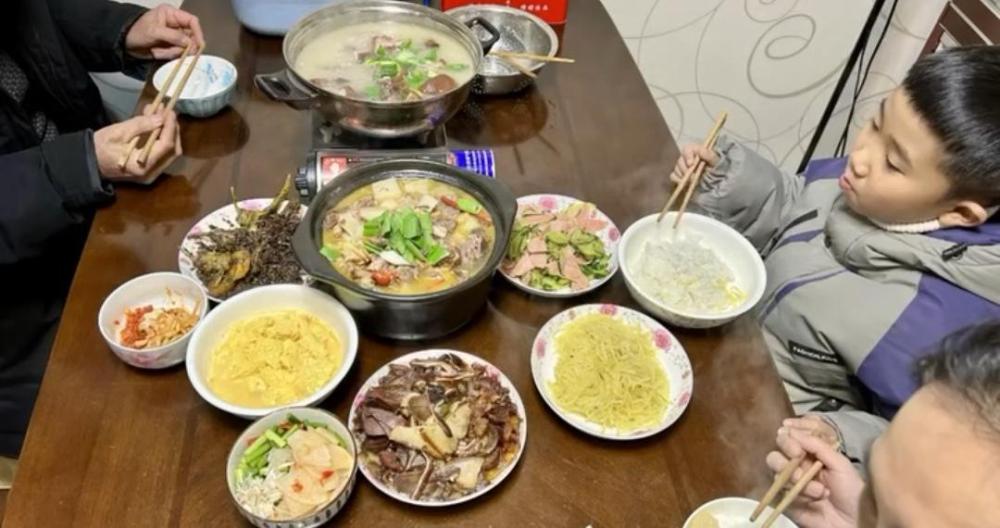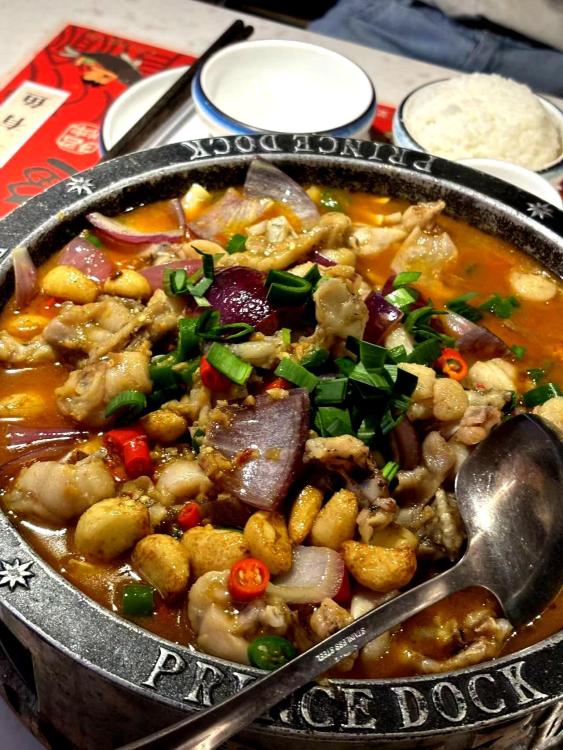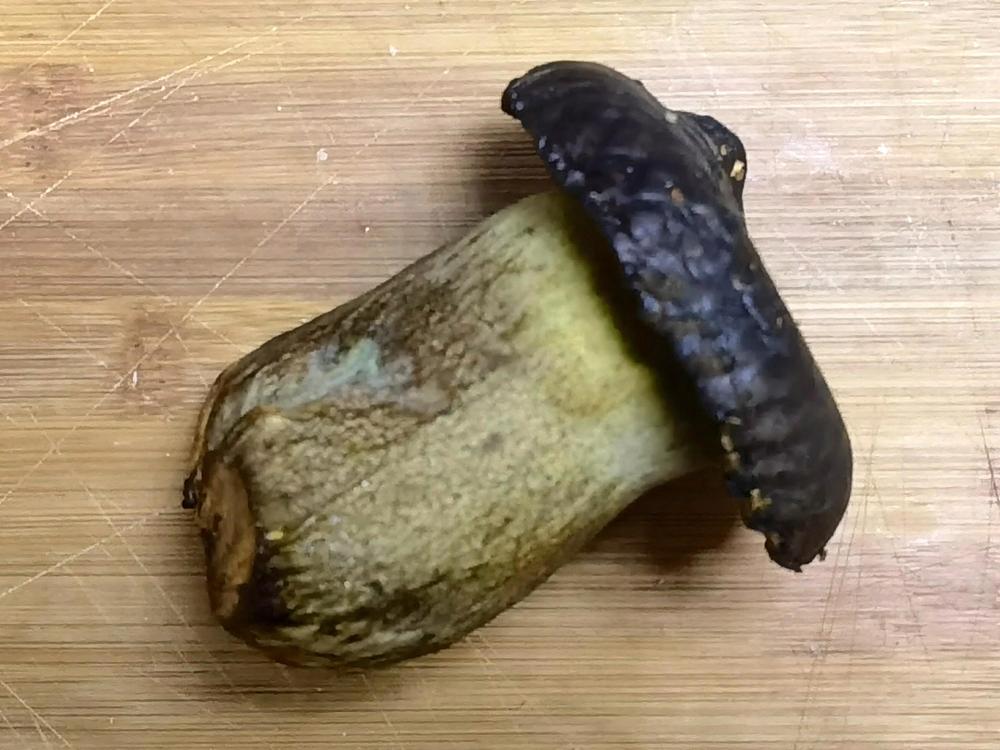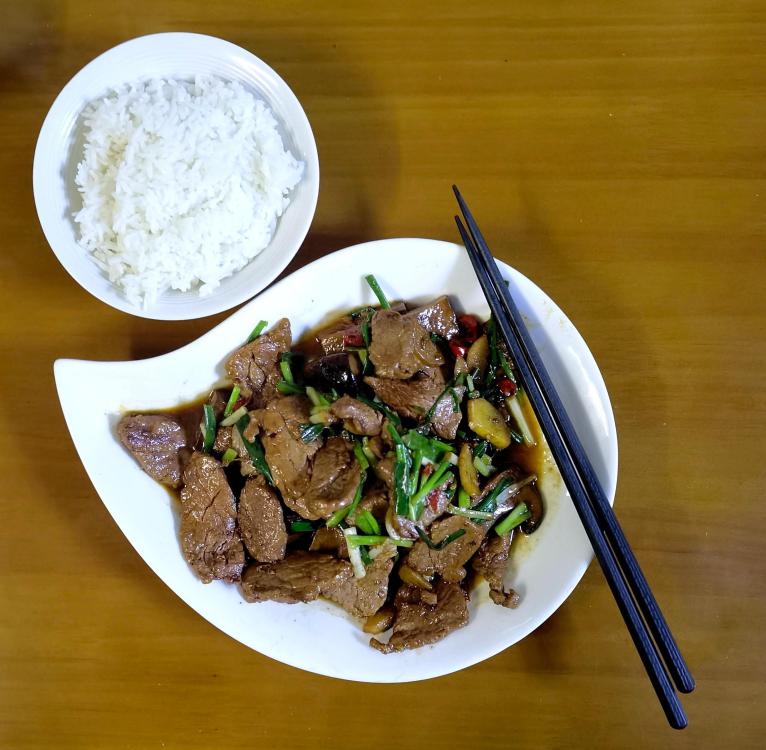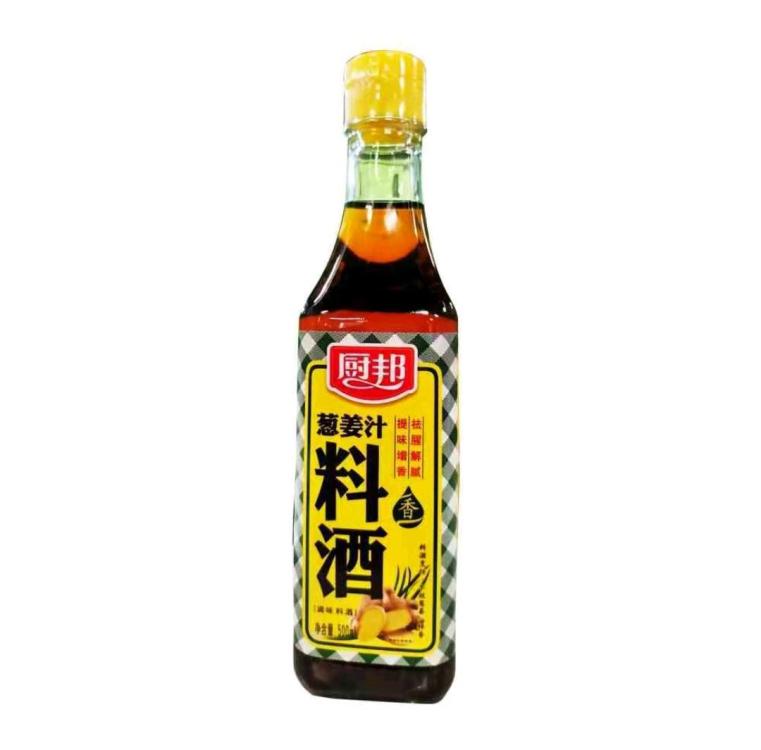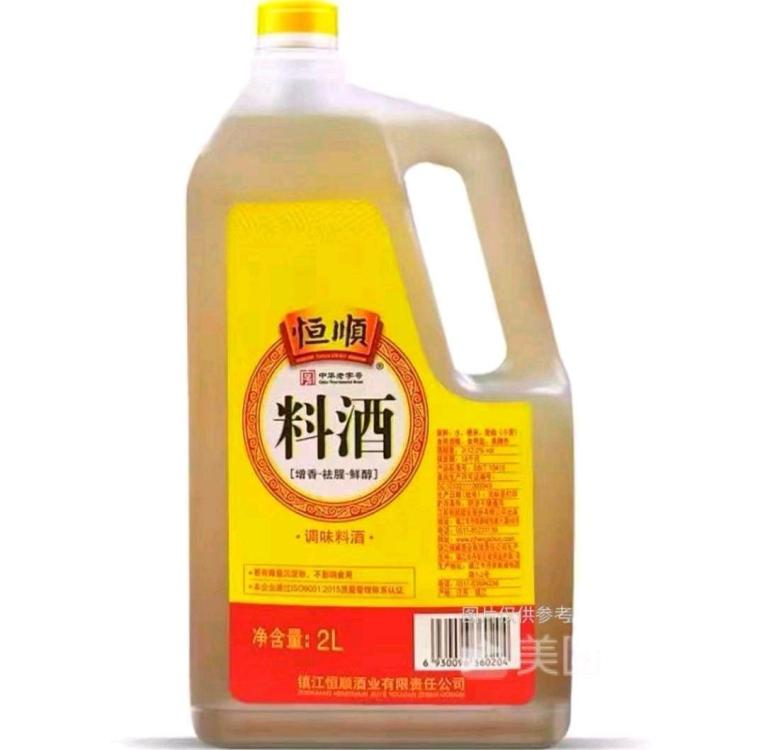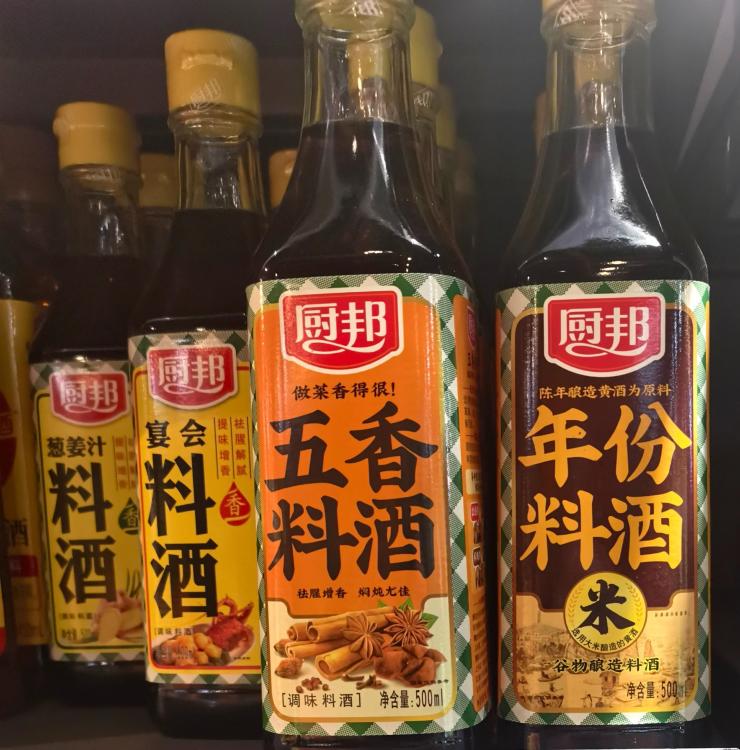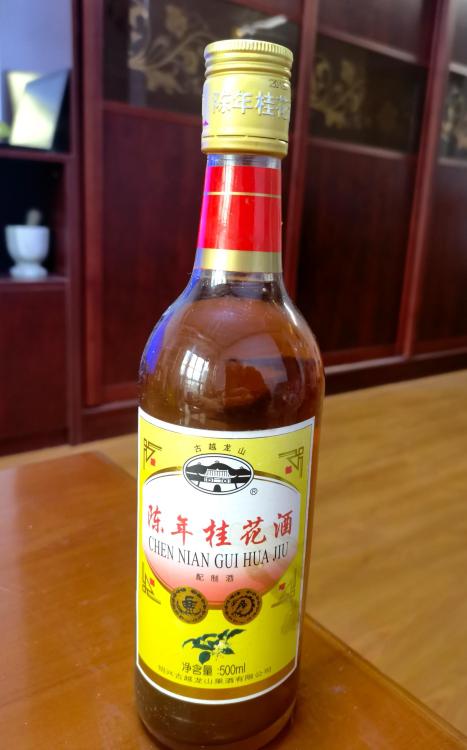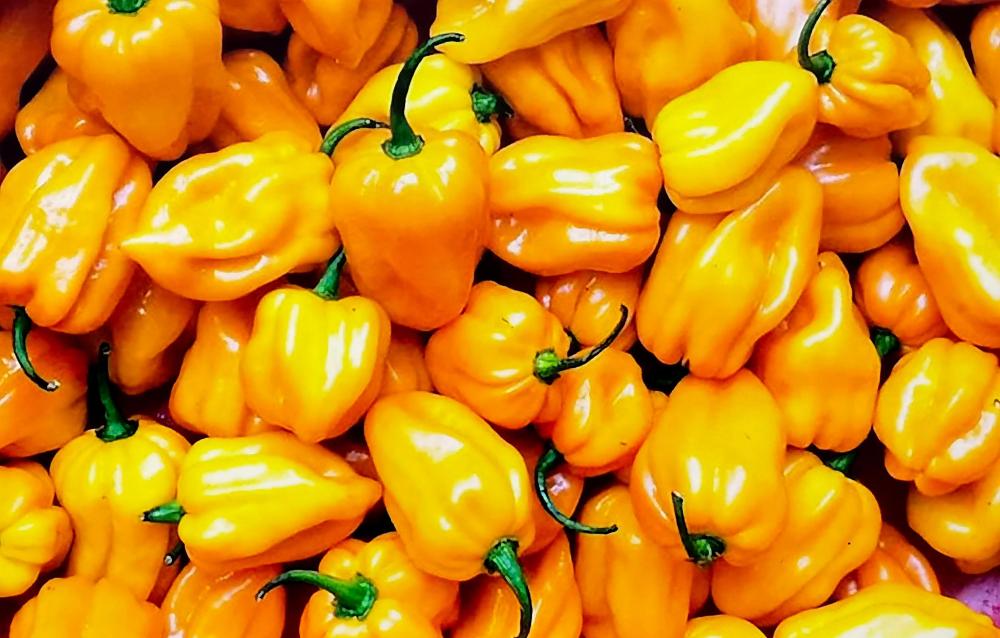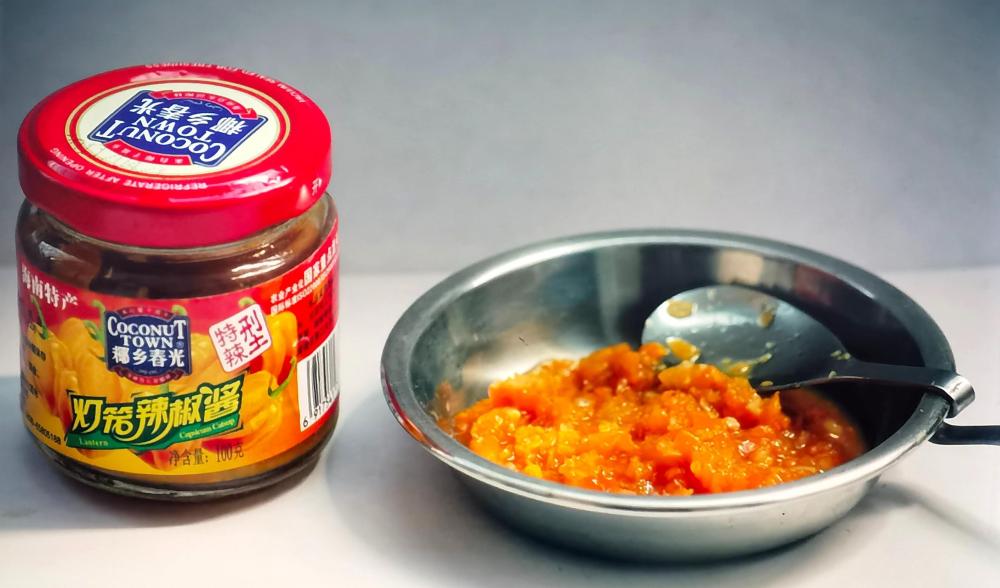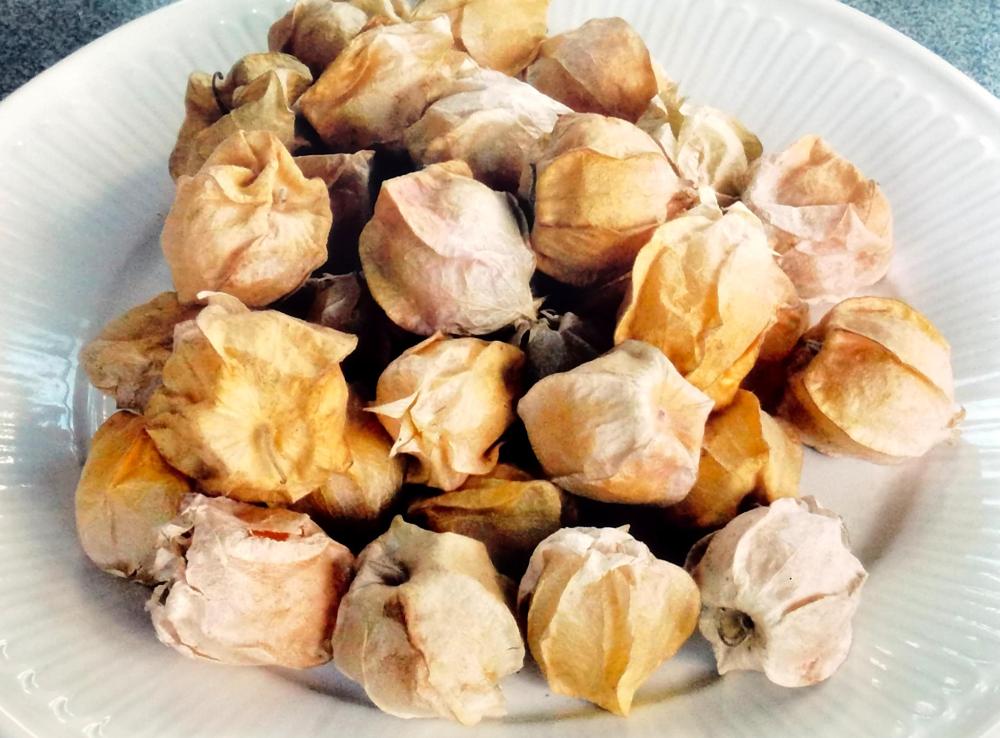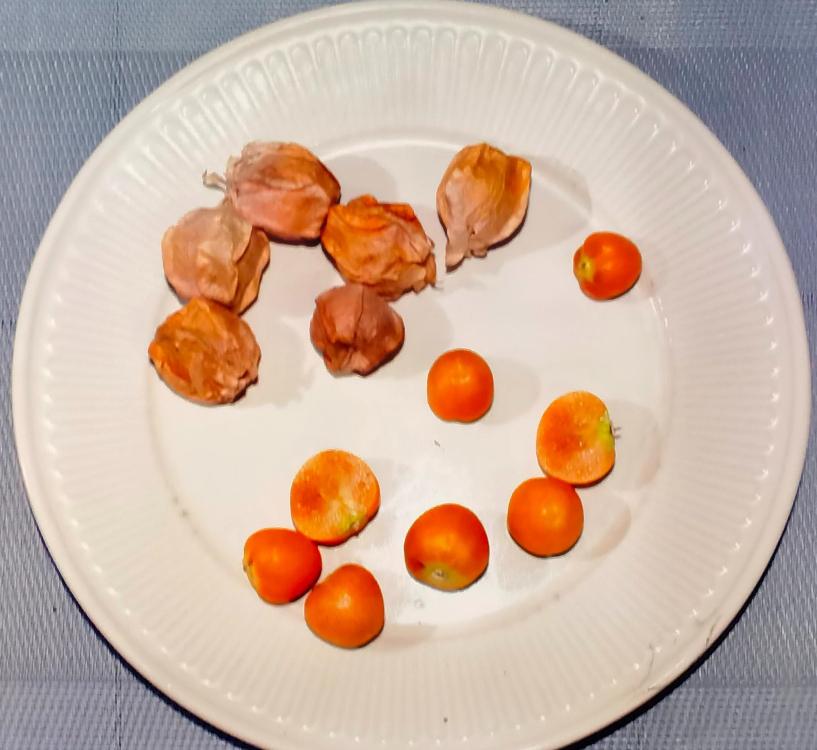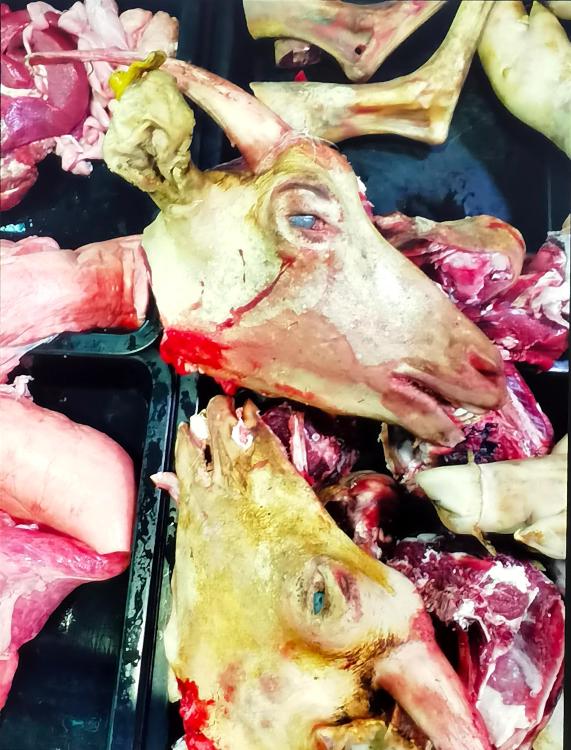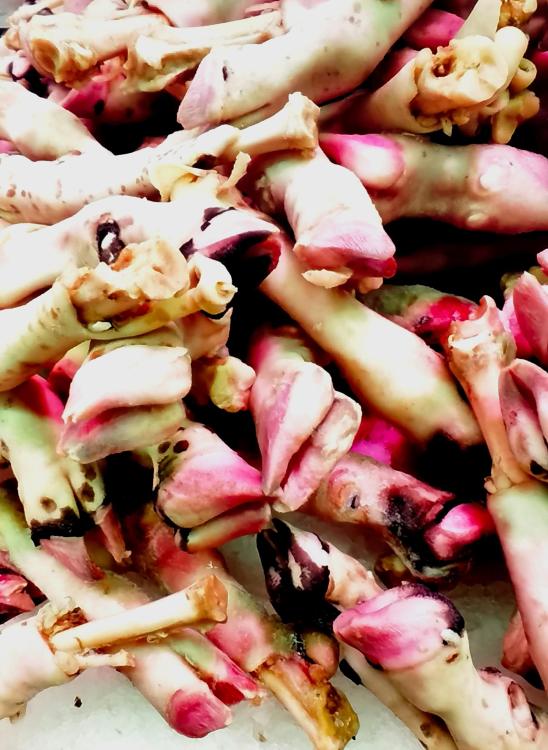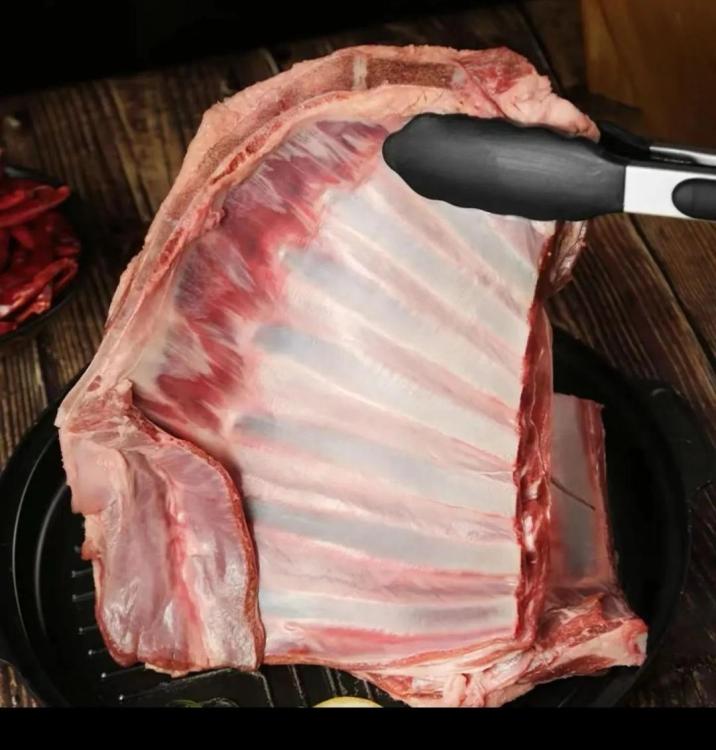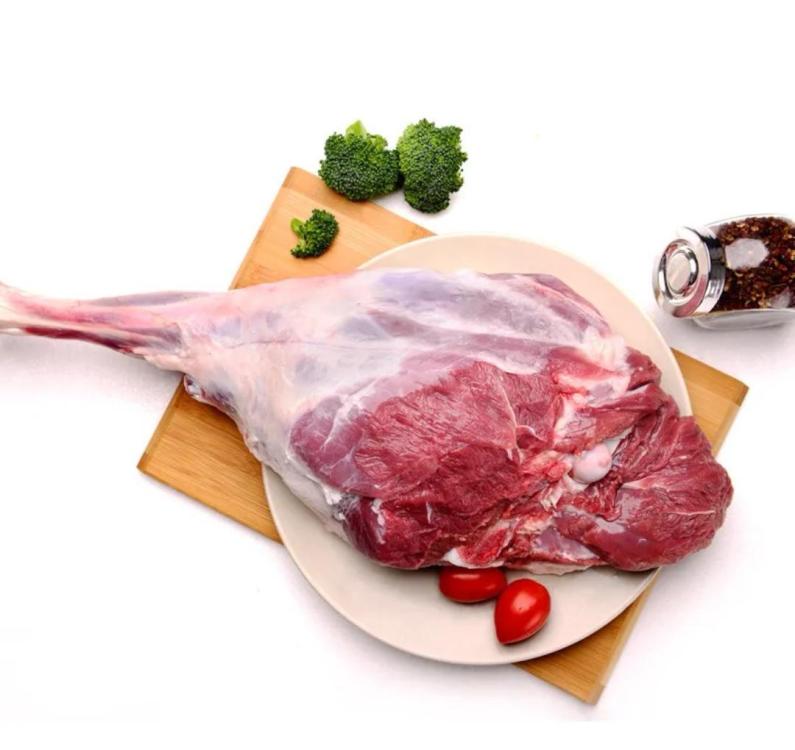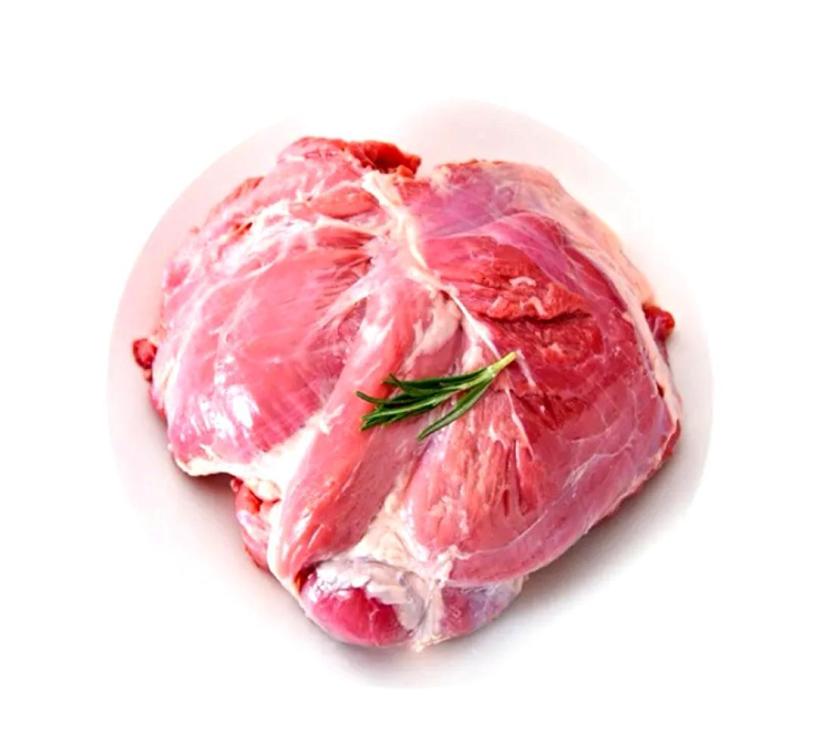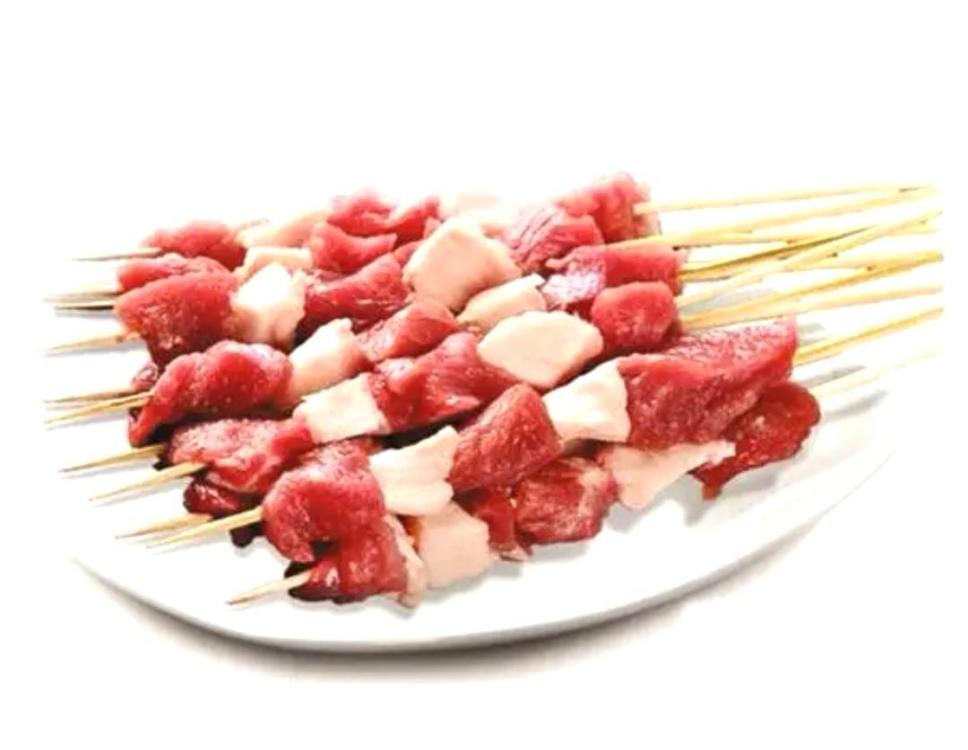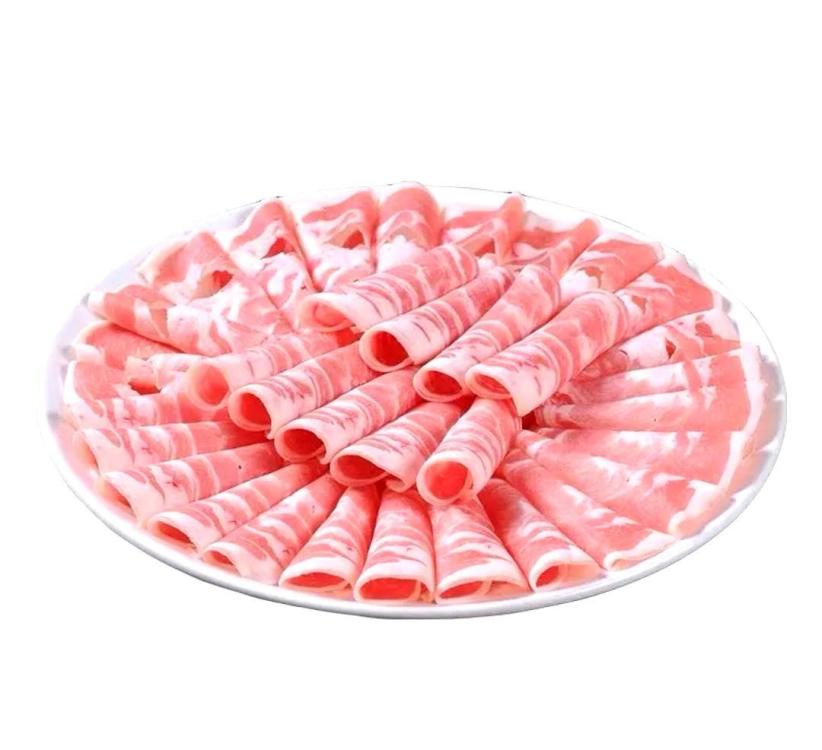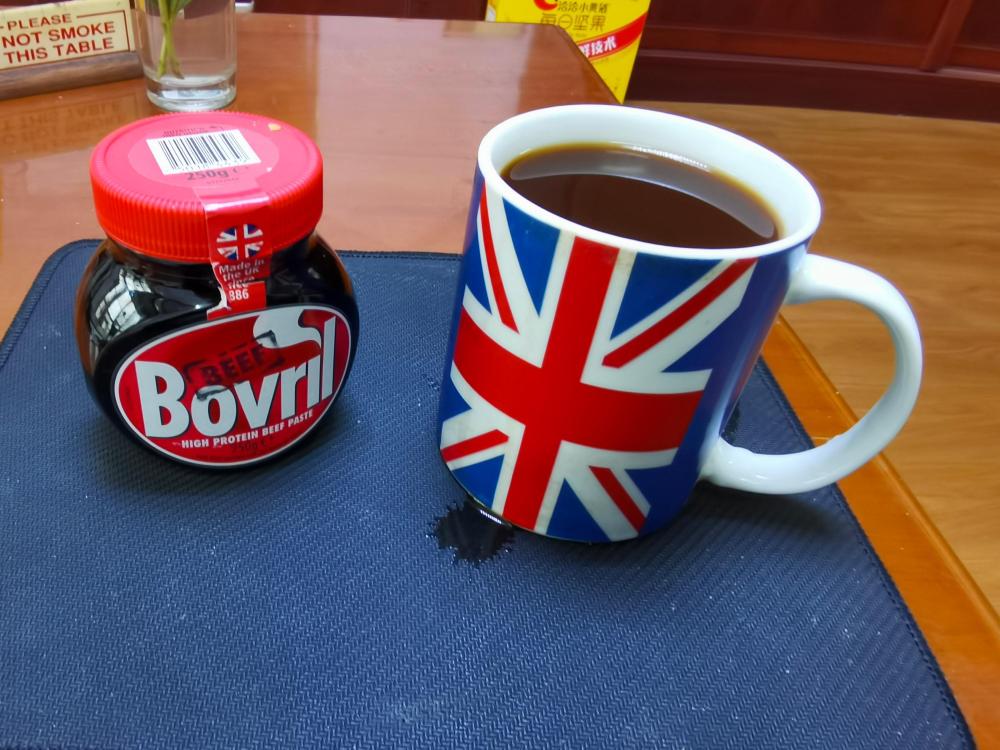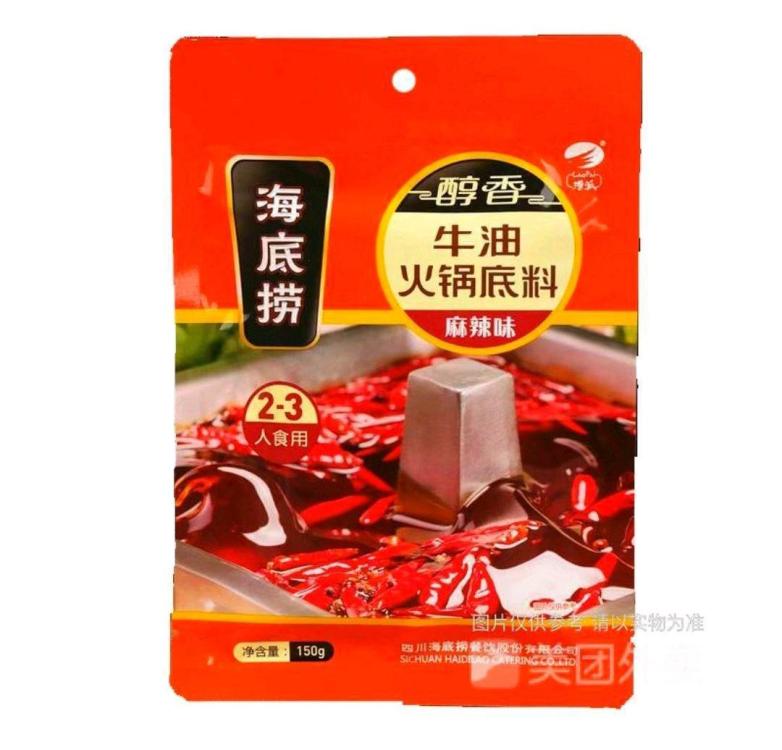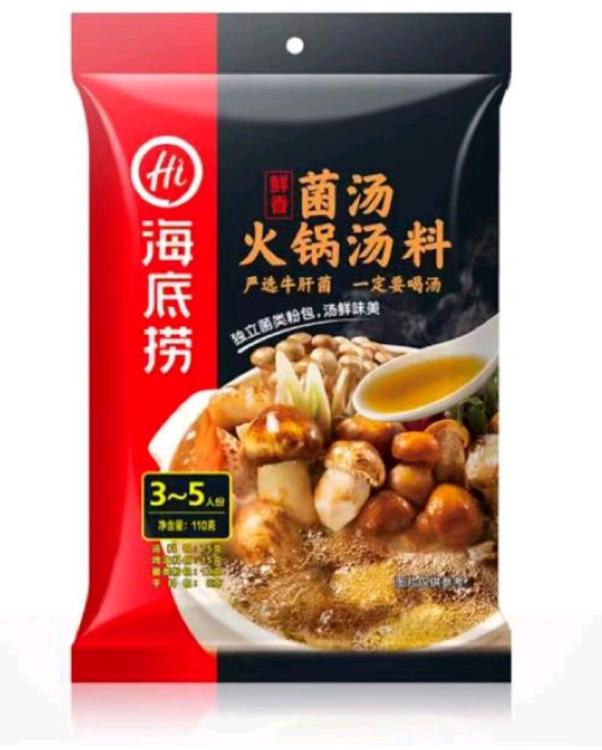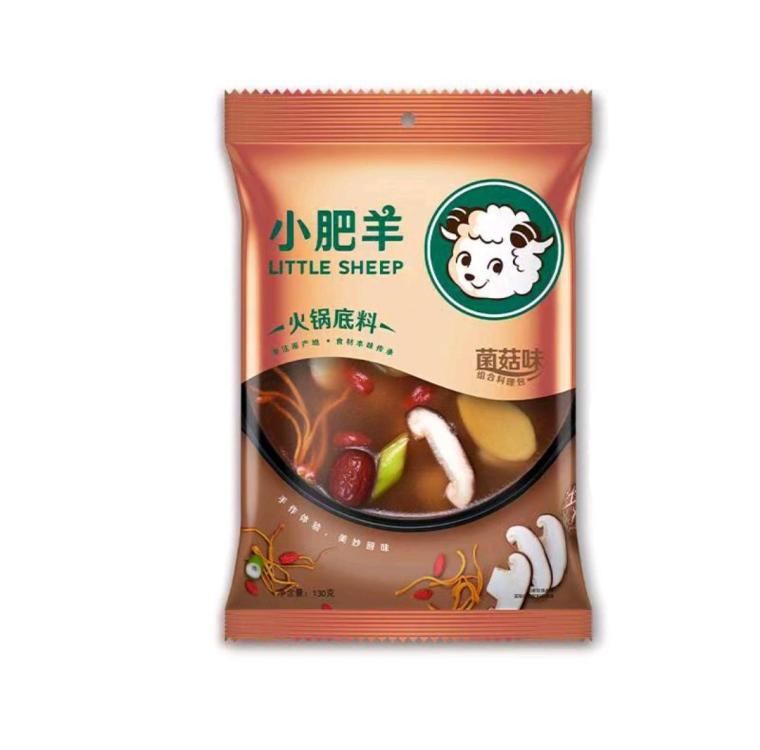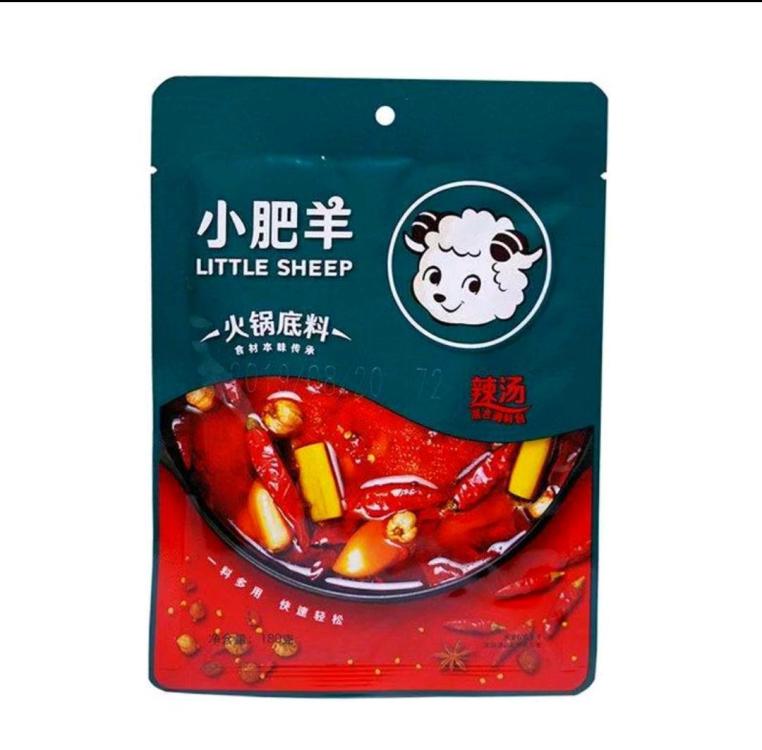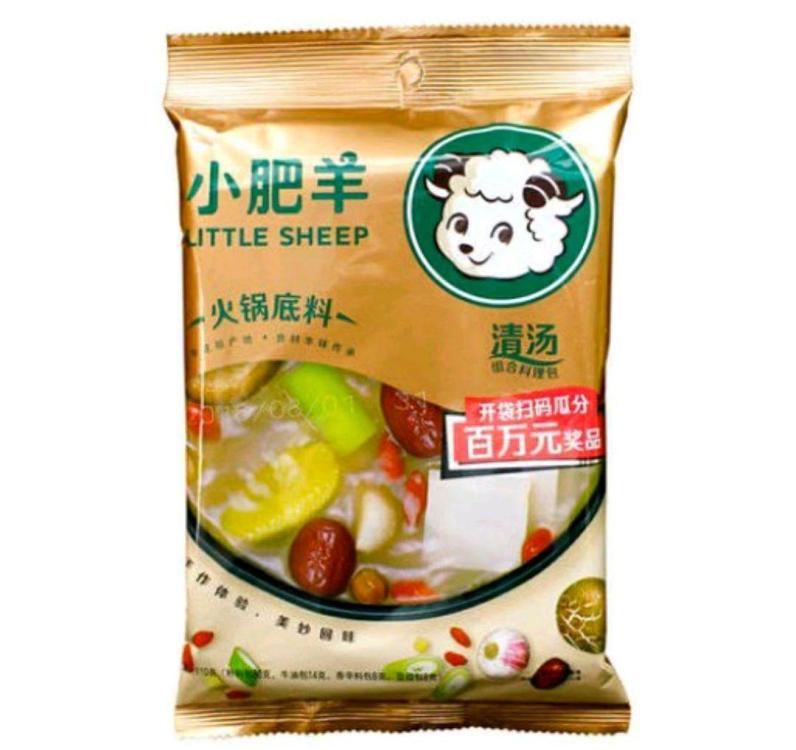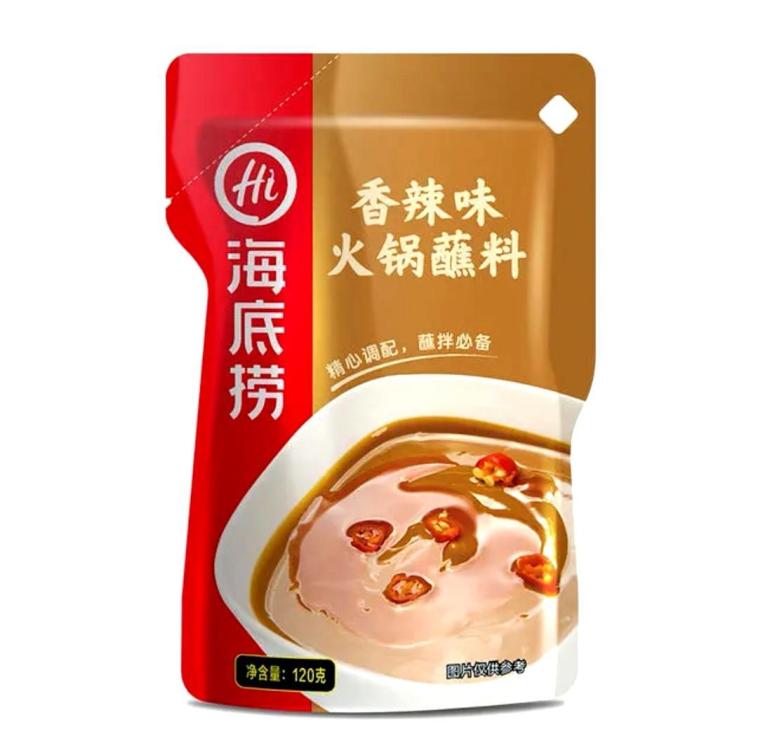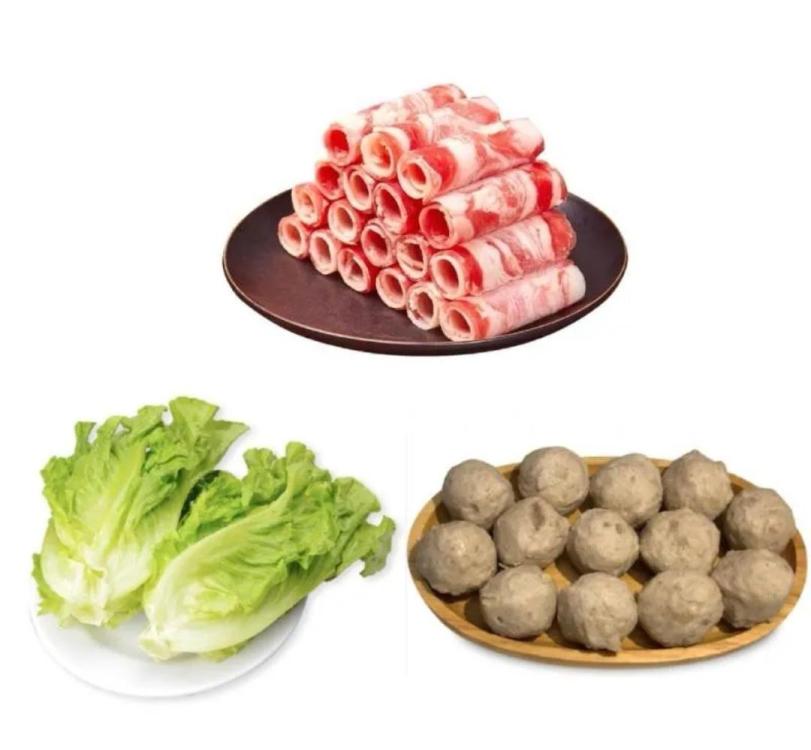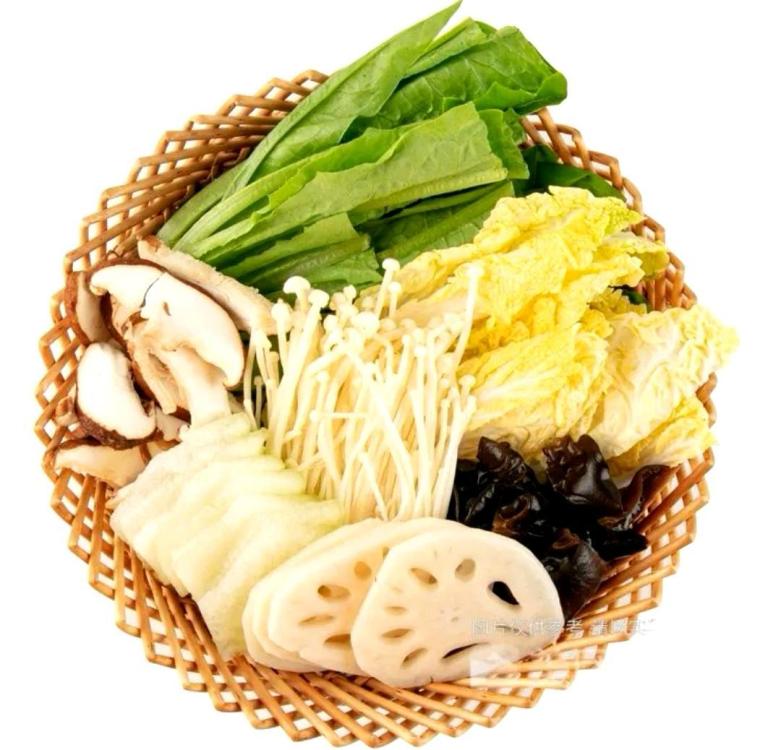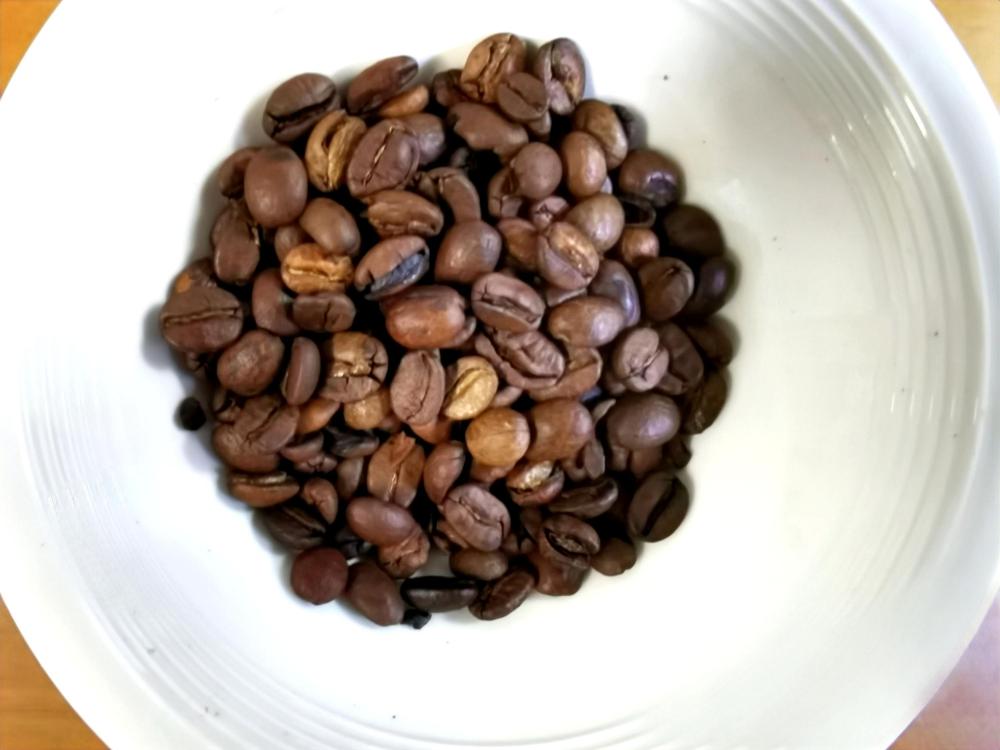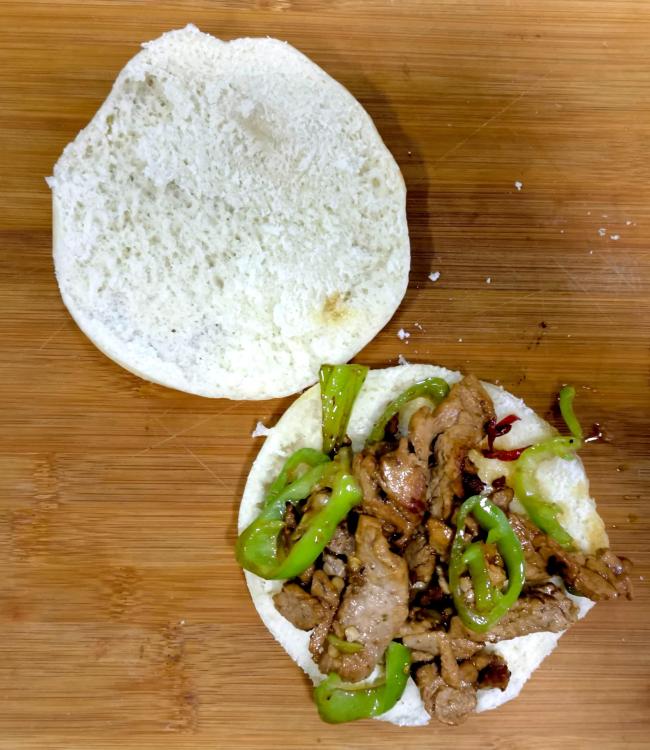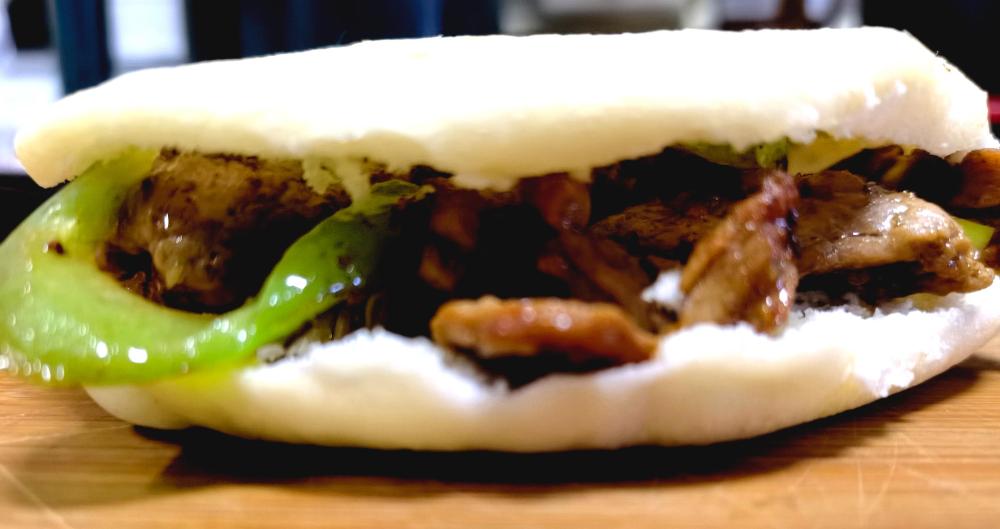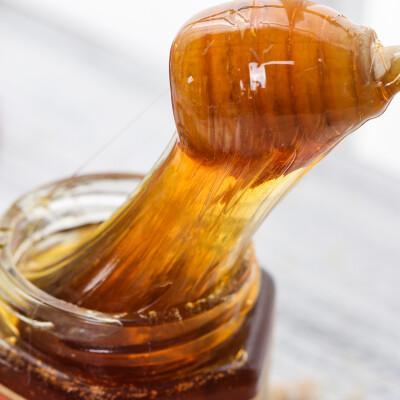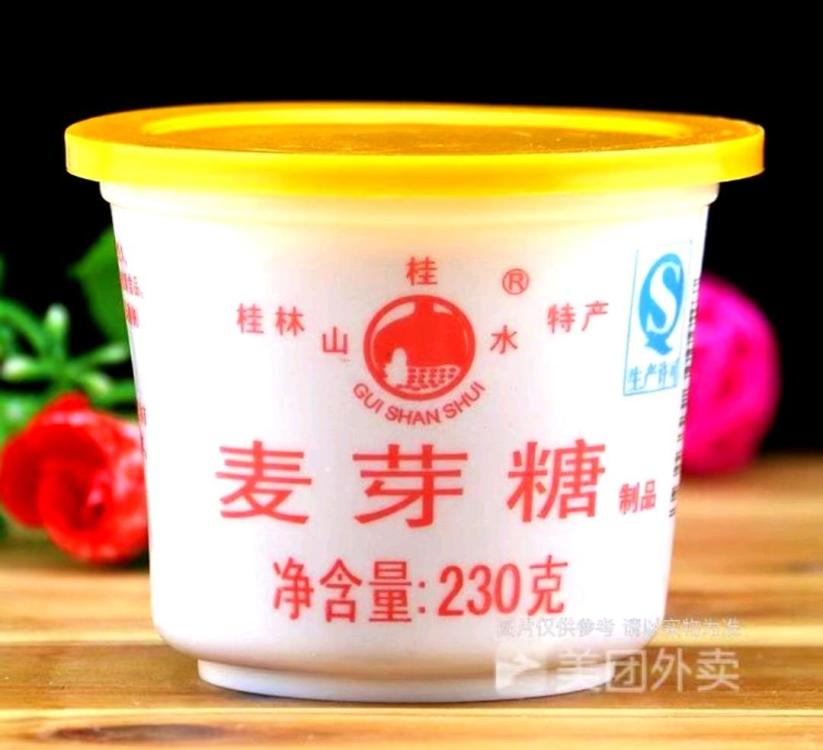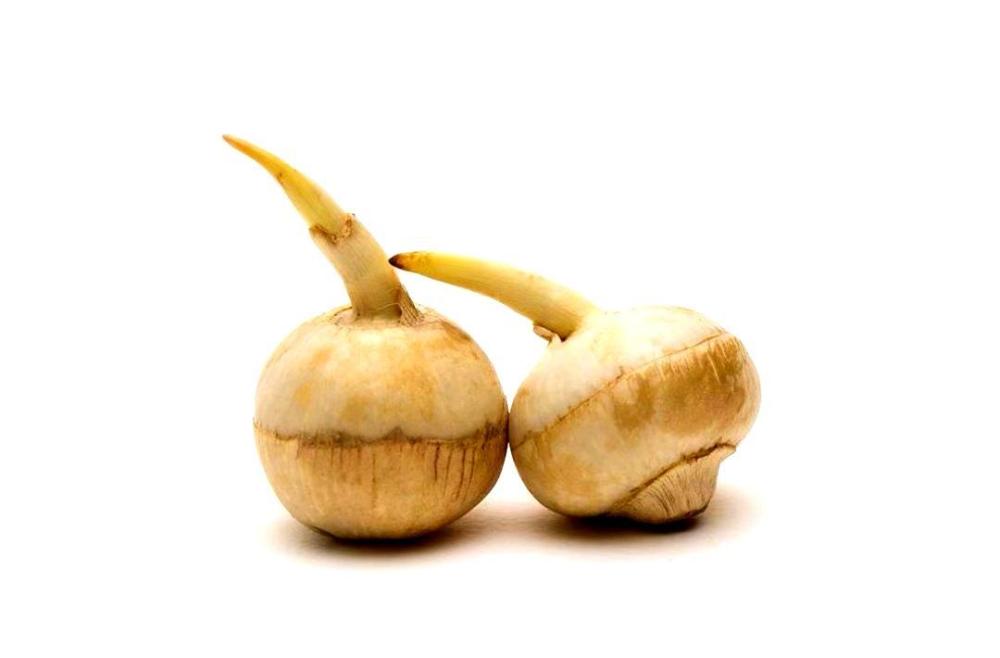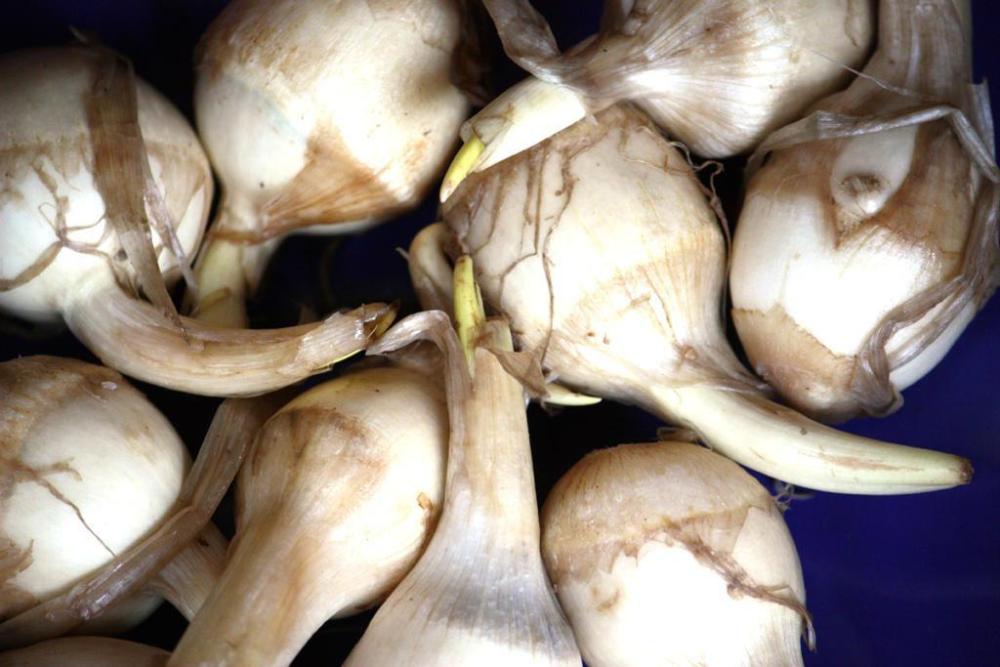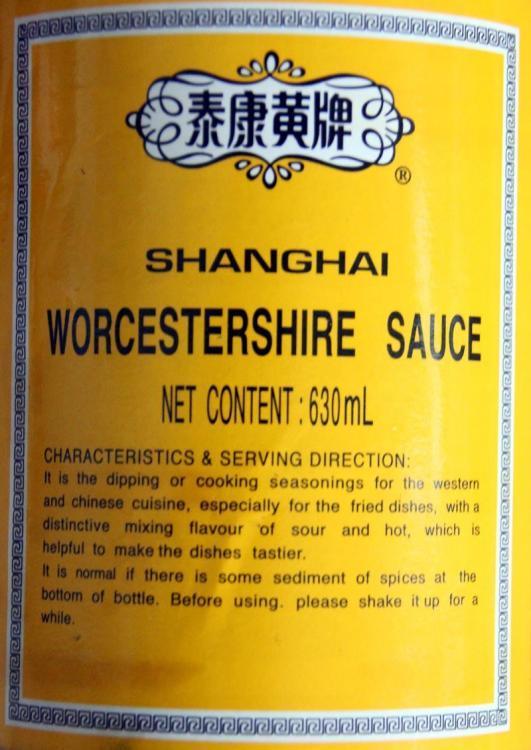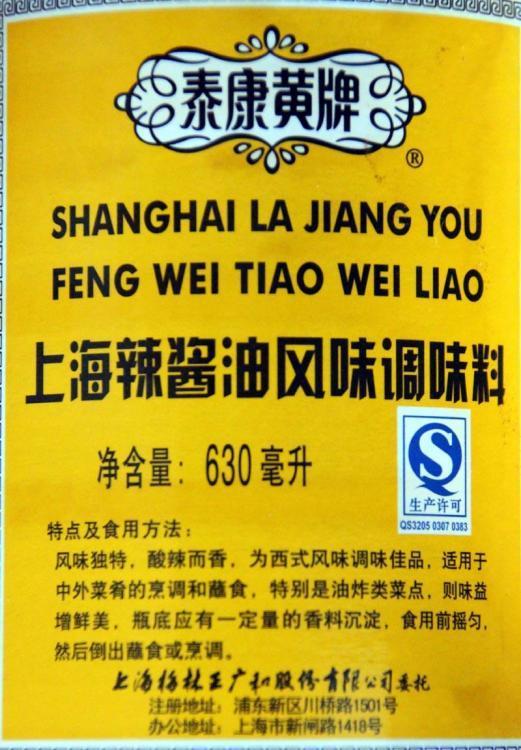-
Posts
16,751 -
Joined
-
Last visited
Content Type
Profiles
Forums
Store
Help Articles
Everything posted by liuzhou
-
Thanks to social media, an ABC report from China is being circulated regarding a new menu item available in Starbucks Reserve outlets across the country. This is called 'abundant year savory latte' and is coffee with braised Dongpo Pork flavoured sauce. The mix of espresso, steamed milk and sauce is garnished with pork belly and more Dongpo sauce. A mere 9.45元. Disgusting idiots are no doubt lining up. https://www.internationalcuisine.com/china-dong-po-pork/
-
A couple of British classics. Jane Grigson's Fish Book (eG-friendly Amazon.com link) and, if you can find it, Keith Floyd's Floyd on Fish. The first is essential; the second informative but fun.
-
"tongue, n. the principal organ of speech; " Oxford English Dictionary
-
Ha! While we would consider tang yuan to be dessert and have them after the main savoury items, China doesn't think that way. Sweet courses can arrive at any point in the meal. Tang yuan are often eaten first. The dinner was at home in Changsha, the capital of Hunan. The temperature was around 2 degrees Celsius. That's how people deal with the cold. They just pile on more clothes.
-

A pictorial guide to Chinese cooking ingredients
liuzhou replied to a topic in China: Cooking & Baking
You must have cut it. It doesn't crumble after being frozen. -

A pictorial guide to Chinese cooking ingredients
liuzhou replied to a topic in China: Cooking & Baking
I had this in mind while putting together the previous post, but decided it merits a more In-depth post of its own. It's not an ingredient you can buy ready to use; rather it's one you have to prepare yourself. I'm talking frozen tofu (冻豆腐 - dòng dòu fu). No. It's not like ice cream. It isn't eaten frozen. This is regular firm tofu which said been frozen then thawed. As the tofu freezes, ice crystals form inside. These melt and the liquid drains away as the tofu defrosts, leaving air pockets which, when you cook with it, fill up sponge-like with any liquids in your dish, taking on their flavour. The freezing then thawing process transforms it, making it denser and chewy as well as making it spongy. The colour also changes, becoming darker and yellowish. The appearance and texture is similar to tht of seitan (processed wheat gluten), but has the advantage of being gluten-free. Care should be taken if using it in hotpots as the liquid in the tofu will be boiling hot. Let it cool a little before biting into it. Besides being used in hotpots, frozen and defrosted tofu can be used in any sauced dish where it will soak up and take on flavours. It can also be stir-fried, which makes it meaty and crispy. To prepare frozen tofu simply put it in the freezer for 24 hours. You can do this in the original packaging or repack it to suit yourself. It can be kept frozen for up to three months. The Woks of Life website suggests steaming the tofu for twenty minutes before freezing, but they do a lot of strange things. Totally unnecessary. Defrost it before use. You can do this on the kitchen counter or in the refrigerator as usual. I don't recommend using a microwave. Some sites say it's OK but I've had mixed results. Do not re-freeze after thawing. -

A pictorial guide to Chinese cooking ingredients
liuzhou replied to a topic in China: Cooking & Baking
The weather has turned cold in southern China with temperatures running between lows of 2C and highs of 6C. In the north, that's normal but not here. So, everyone in China is donning their winter garb in multiple layers and breaking out multiple ingredients for dinner. It is hotpot time. I mentioned before S: 火锅底; T: 火鍋底 (huǒ guō dǐ), hotpot bases, but now that we've got our pots bubbling away, what are we going to cook in them? The answer is "pretty much anything I want". There are no rules; but some precautions. First we want ingredients that cook quickly. This involves not only making sensible choices but an element of preparation, mainly cutting. The table is set with your burner and pot and surrounded by plates of ready to cook ingredients. Meats: beef, lamb or pork, are sliced paper thin and often presented in rolls, ready to drop into the broth a few at a time. Offal is cleaned, sliced and arranged on a plate. Beef tripe (牛肚 - niú dǔ) is particularly popular and duck's intestines (鸭肠 - yā cháng) never go amiss. Beef tripe Duck's Intestines Brains (S: 脑子; T: 腦子 - nǎo zi) are a nice addition, usually porcine. Chicken or duck feet are not to be forgotten. Beef meatballs 牛肉丸 (niú ròu wán) are bought or prepared in advance as are fish and shrimp balls. Seafood is prepared by slicing fish off the bones, cleaning squid or baby cuttlefish, scrubbing clams, debearding mussels etc. Baby squid Green Lipped Mussels Clams Shrimp are deveined and, perhaps, peeled; shell and head on is usually prefered. Root vegetables: potato, sweet potato, daikon radish (S: 白萝卜; T: 白蘿蔔 - bái luó bo) and lotus root (S: 莲藕; T: 蓮藕 - lián ǒu) are peeled and sliced. Daikon Radish Lotus Root Mushrooms and fungi cleaned. Oyster mushrooms (平菇 - píng gū), king oysters (eryngii) (S: 杏鲍菇; T: 杏鮑菇 - xìng bào gū), enoki (S: 金针菇; T: 金針菇 - jīn zhēn gū), shiitake (香菇 - xiāng gū), shimeji (真姬菇 zhēn jī gū or 玉皇菇 yù huáng gū), wood ear (木耳 - mù ěr) are carefully washed and where necessary sliced or halved. Tofu is drained and cubed or sliced. Green vegetables of choice are washed and leaves separated as appropriate. Garland Chrysanthemum Noodles are ready. The ingredients are then cooked one by one in small amounts - never overcrowding the base stocks. It is normal to eat the ingredients roughly in the order listed above. The meats and seafood enriches the stock then the mushrooms add umami. Then we finish off with the vegetables and noodles. Throughout this meal, and it can last a long time, the broth has been evaporating. A kettle or pan of hot water is kept to hand for topping it up. These ingredients are used in all the many varieties of hotpot from Mongolian to Cantonese via Sichuan. What really separates them are the bases. Whether eaten at home or in one of the many hotpot restaurants, eating this way is always fun. -
This is not my dinner, but a friend's meal last night. I'm posting these images with her permission. They show a typical Lantern Festival family dinner in Hunan province. But first the essential S: 汤圆; T: 湯圓 (tāng yuán) which are boiled balls of glutinous rice flour stuffed with sesame paste, and eaten during the Lantern Festival which take a place on the 15th day of the new year (the first full moon). The balls represent the moon and are served in a syrupy soup. Then it's on to the meal. Hotpots abound.
-
-
Beef with black bolete mushroom. Old ginger, garlic, chilli, Shaoxing wine, soy sauce, Chinese chives. Rice.
-

A pictorial guide to Chinese cooking ingredients
liuzhou replied to a topic in China: Cooking & Baking
The first ingredient to be featured in this topic, back in 2006, was Chinese cooking wine. Specifically, it was for something described as Shaoxing wine. Unfortunately, it was not Shaoxing wine at all but a Taiwanese knock-off. The name Shaoxing is protected in China - only wines made in the city of Shaoxing S: 绍兴; T: 紹興 (shào xīng) in Zhejiang province can legally be called Shaoxing wine - S: 绍兴酒; T: 紹興 酒 (shào xīng jiǔ). Anyway, Shaoxing wine has been discussed here before. Shaoxing is not the only cooking wine in China, albeit probably universally considered the best. So, now I'd like to look at some of the others. Cooking wine in China is known as 料酒 (liào jiǔ, literally 'ingredient alcohol). The most common is S: 黄酒; T: 黃酒 (huáng jiǔ) or 'yellow wine'. This is made from rice. Ingredient wine. (Shaoxing is both a yellow wine and an ingredient wine.) Non-Shaoxing wines are cheaper and generally of lower quality but are more widely available. Every supermarket and corner shop has a 500 ml bottle for less than a dollar USD. This 2 litre bottle is available for $3 USD. A basic lowest level Shaoxing will be around $3 minimum for 500ml. Many of these yellow wines come flavoured. L-R: Onion and ginger flavour, Banquet flavour, 5-spice flavour, aged natural flavour. No, I've no idea what banquet flavour means. The aged stuff has probably been aged for at least ten minutes. Beware of 白酒 (bái jiǔ, literally white alcohol). This is NOT 'white wine' but a hard liquor made from sorghum or maize (the name c@rn uses in a pathetic attempt to disguise itself). It is very strongly flavoured and smells like vomit. It is used in a very few dishes but cannot be considered a general cooking ingredient. 米酒 (mǐ jiǔ) is a weak, colourless rice wine, often home made, usually drunk but occasionally used in cooking. It is made from glutinous rice. The only non-Shaoxing Chinese wine I possess is this 桂花酒 (guì huā jiǔ), osmanthus wine, which was a gift and which I'll probably drink. It's rather too floral for cooking anything I want to eat but would probably work in some desserts. I don't do desserts. -

A pictorial guide to Chinese cooking ingredients
liuzhou replied to a topic in China: Cooking & Baking
元宵快乐! Today, February 24th, 2024 is the Lantern Festival marking the end of the Spring Festival, the 16 day celebration which started on Chinese New Year's Eve. To celebrate, I bring you two lantern themed ingredients. First up we have S: 黄灯笼辣椒; T: 黃燈籠辣椒 (huáng dēng lóng là jiāo), yellow lantern chillies. These are grown in China's southern, island province of Hainan and are viciously hot. They are more often found processed into this (very) hot sauce, S: 黄灯笼辣椒酱; T: 黃燈籠辣椒醬 (huáng dēng lóng là jiāo jiàng). If they don't rock your boat, perhaps a fruit salad incorporating some S: 灯笼果; T: 燈籠果 (dēng lóng guǒ, literally 'lantern fruit') may be more appropriate. These are cape gooseberries aka poha, goldenberries or Peruvian ground cherries among other names. Physalis peruviana. Happy Lantern Festival! -
I'm not sure but I suspect not. Having read this https://coffeebrewster.com/best-coffee-beans/peaberry-coffee/#:~:text=Peaberry coffee is a natural mutation in arabica,snail. Coffee beans come from the coffee cherry. I have to say they don't match the description of being rounder and nor are they particularly expensive.
-

A pictorial guide to Chinese cooking ingredients
liuzhou replied to a topic in China: Cooking & Baking
If you are a lamb lover like me, choose better than me where you live. Lamb is popular in the north, particularly Inner Mongolia, and in the west of the country; much less so in the South and east where people often consider it to have an off-putting, rank smell. It is usually known as 羊肉 (yáng ròu) but that term also includes mutton and goat. To be more sure of getting lamb and not some elderly sheep, you can try using 羊羔 (yáng gāo) or 小羊 (xiǎo yáng). If you see 山羊肉 (shān yáng ròu, literally mountain sheep meat), you've found goat - fine meat in my opinion. Then you have the butchery problem. You're not going to find neatly trimmed lamb chops or beautifully frenched racks of lamb. Chinese butchery is a less precise art. Here are images of what is available here in winter (lamb disappears here in the south in summer). Lamb is often used in Mongolian style hotpot and the feet, heads and assorted bones are sold for making stocks. Paper thin, fatty lamb rolls, 羊肉卷 (yáng ròu juǎn) are sold to be dropped into the hotpot where they cook in seconds. In many supermarkets, this is the only lamb on offer. Elsewhere you may find 羊排 (yáng pái) which is listed in some dictionaries as 'lamb chops' but usually comes as a row (排) of undressed lamb ribs. Any additional butchery you're going to have to do yourself. Meaty legs of lamb are available in winter. The whole legs come with skin and bone. The supermarket butchery section will chop it for you on request. Only recently I've been able to source boneless, skinless leg meat and very good it is, too. Despite the usual disdain for the meat, lamb skewers are popular in every evening food street and pre-assembled sticks are available laced with cubes of meat interspersed with tail fat for home grilling. I've never been able to find my favourite cut, breast of lamb here in China 😡 Goat comes in the same cuts. I should note that lamb is expensive here. Around double or more the price of pork. Goat is even more. -
Breakfast this morning was a roujiamo made from what I didn't eat for dinner last night. https://forums.egullet.org/topic/166082-dinner-2024/?do=findComment&comment=2416803 Accompanied by a nice cup of Bovril, innit? Sorted.
-

A pictorial guide to Chinese cooking ingredients
liuzhou replied to a topic in China: Cooking & Baking
Speaking of hotpot (S: 火锅; T: 火鍋 - huǒ guō, literally 'fire pot'), we have to consider the base. Obviously, you can make your own from some good stock. I always do. But there is an alternate route. Supermarkets all carry these instant 'just add water' hotpot base mixes - S: 火锅底料; T: 火鍋底料 (huǒ guō dǐ liào). Although, I've never used them, I have eaten them in friend's homes and they aren't bad. They come in various flavours. Here are just a handful. This is the most popular round here. It is a Sichuan type proudly stating that it uses beef tallow - 牛油 (niú yóu)* as is traditional in Sichuan. It is also heavily spiced with chilli and Sichuan peppercorns. They also do this equally spicy version without the beef fat. For the chilli averse or for half of a S: 鸳鸯; Trad. 鴛鴦 (yuān yang) double sided pot, there is also this unspiced mushroom base. The Little Sheep restaurant chain, originally Inner Mongolian but now owned by Yum! Foods, owners of KFC, Pizza Hut etc., also sells a range of base mixes.These are available from Amazon. I've never tried them so I can't comment on how good they may be. I have eaten in the restaurants (pre-takeover) and the hotpots were good then. Here is a small selection from their range. * Ignore the self-proclaimed hotpot expert who on her website mis-translated this as 'butter' then went on at length about the wonderful buttery flavour of Sichuan and Chongqing hotpots. Butter is never used Chinese cuisine, never mind in hotpot! -

A pictorial guide to Chinese cooking ingredients
liuzhou replied to a topic in China: Cooking & Baking
I agree but hotpot is in the locals' DNA and the itch needs scratching in the cold months. A pot of hotpot base will last for days, with new ingredients being added each meal. I have made myself hotpots in the past, but never from these packs. -

A pictorial guide to Chinese cooking ingredients
liuzhou replied to a topic in China: Cooking & Baking
I never really understood this. Very few people live alone here, yet many supermarkets and delivery services offer 一人 (yī rén), one person amounts of ingredients for dishes. Right now, is hotpot season and so they are selling single portions of suitable ingredients like this. Paper thin beef slices in rolls, meat balls and green vegetable. That can be supplemented by this selection of seasonal produce. They do not charge a premium for the service. -
I got myself 300 grams of roasted beans from Yunnan Academy of Agricultural Sciences. They are described as Yunnan Small Grain Coffee Beans. I'd say a medium roast. I ground them to a medium fine powder and had a very pleasant mellow brew for breakfast. Again, I have to say they remind me very much of Vietnamese coffee. Not surprisingly. With the right backing, which seems in place, they could become a major player in the near future.
-
孜然牛肉夹馍 (zī rán niú ròu jiā mó), Xi'an style cumin beef sandwiches. This was the first time to cook them in over a year. Ate three.
-

A pictorial guide to Chinese cooking ingredients
liuzhou replied to a topic in China: Cooking & Baking
Is your S: 叉烧; T: 叉燒 (chā shāo) underperforming or too sweet? Not getting the glaze you prefer on your S: 北京烤鸭; T; 北京烤鴨 (běi jīng kǎo yā)? What you need is the not-so-secret ingredient S: 麦芽糖; T: 麥芽糖 (mài yá táng). S: 叉烧; T: 叉燒 (chā shāo), literally 'fork roast', is the Mandarin for what most know by the Cantonese name char siu. S: 北京烤鸭; T; 北京烤鴨 (běi jīng kǎo yā) is, of course, Beijing Duck. And the 'secret ingredient' S: 麦芽糖; T: 麥芽糖 (mài yá táng) is maltose. Image from Meituan online shopping app Maltose, my dictionary tells me, is a disaccaride formed when starch is broken down by enzyme action. Maltose, my kitchen tells me, is that jar of incredibly sticky stuff I bought in the supermarket. Almost solid at room temperature, maltose is about one-third as sweet as sucrose (regular sugar) but up to ten times stickier. Due to its viscosity, it sticks better to the meat than the usual substitute, honey and also tastes less sweet, a good thing in my view. This maltose is made from rice and its thick sticky consistency makes it almost impossible to spoon out of the jar or brush onto your meat. However, it is the traditional ingredient used to get the perfect glaze. The trick is to microwave the stuff for around 20 to 30 seconds to 'melt' the top enough to get the stuff out. BE CAREFUL! Like all sugars, it gets very hot and retains its heat longer than one might expect. Working with maltose is one of only two occasions I wear gloves in the kitchen. Also, coating your spoon with a little cooking oil helps with getting the stuff off the spoon and into a bowl. Maltose is available from Amazon, but probably considerably cheaper in Asian markets, should you have access to such a thing. -

A pictorial guide to Chinese cooking ingredients
liuzhou replied to a topic in China: Cooking & Baking
The great Chinese potato mystery mentioned before is somewhat topical. Every year, around now these turn up in the markets and supermarkets. They are the egg-sized tubers of a flowering plant, Sagittaria sagittifolia, sometimes known as arrowhead because of the shape of its leaves. In Chinese they are 慈菇 cí gū. These were also a staple of Native Americans and known to the Cree as 'wapatowa' meaning 'white mushroom'. Later the name was applied as 'wapattoo' by the Chinook to potatoes which may account for the name confusion in early American cookbooks. Interestingly, the gū part of the Chinese name also means 'mushroom'. The mystery is still partially unsolved. In China, they are traditionally eaten at Chinese New Year (Spring Festival), usually in hot pots. I use them in beef casseroles etc. They taste fairly bland but are starchy like potatoes, though they remain crunchy even after cooking. Peel them and stew / boil for around 20 minutes. Alternatively they are excellent when roasted. -

A pictorial guide to Chinese cooking ingredients
liuzhou replied to a topic in China: Cooking & Baking
Yes. It is. Any greens. I used a little with some spinach this lunchtime. -

A pictorial guide to Chinese cooking ingredients
liuzhou replied to a topic in China: Cooking & Baking
In a stir fry, a teaspoon or two is simply added like you might add salt. It dissolves in whatever liquid element there may be. I wouldn't add it to a particularly dry stir fry but few are. -

A pictorial guide to Chinese cooking ingredients
liuzhou replied to a topic in China: Cooking & Baking
This time, I'm looking at Worcestershire sauce. You're probably wondering if I am completely losing the plot. This is meant to be about Chinese ingredients – what are you doing wittering on about classic English delicacies? Well, it may surprise you but Worcestershire Sauce is very popular in parts of China, particularly Shanghai and Hong Kong. Lea and Perrins' accidental invention was introduced to Shanghai by the British back in the 1920s and the locals took to it, adapting it into their dipping sauces. Then they decoded the recipe and, 1930 started producing it themselves. The most popular brand in Shanghai is, no surprise, Shanghai Worcestershire Sauce. But the original Lea and Perrin's version is also available, imported via Hong Kong, I guess. It is known in Chinese as S: 辣酱油;T: 辣醬油 - là jiàng yóu, which leads to some confusion, as 酱油 is also used to refer to soy sauce. This product contains no soy. In fact, 酱油 just means 'sauce', but the ubiquity of soy sauce in China has lead to the name almost being appropriated by just one sauce. The Shanghai version is slightly spicier and less sweet than Lea & Perrins’ original. The English on the bottle lists the ingredients as water, sugar, spices, salt, tomato paste, food additives (acetic acid, caramel). The Chinese ingredients list is more forthcoming, adding dried chilli, onion, mustard seeds, tangerine peel, cape jasmine and bamboo shoot to the list. Note the lack of anchovies, the main ingredient in the original. In Shanghai, it is mainly used with fried, bread-crumbed pork chops or as a dipping sauce for 生煎包 (shēng jiān bāo) aka 生煎馒头 (shēng jiān mán tou) fried soup dumplings – a popular breakfast item. PS. I've never met anyone outside Britain who can actually pronounce Worcestershire Sauce properly. The Chinese don't even try. P. G. Woodhouse drops a huge clue, doesn't he Bertie?


